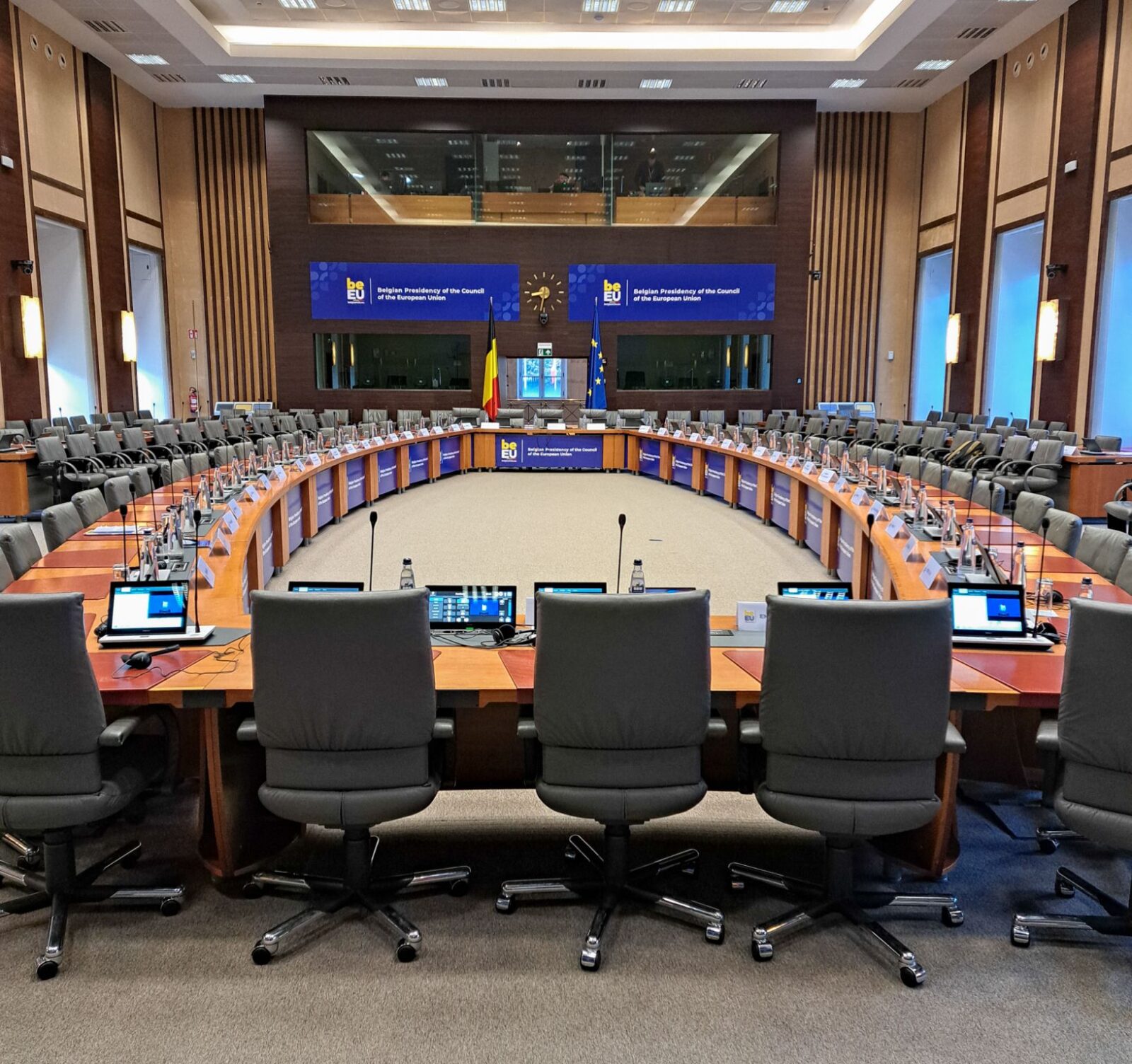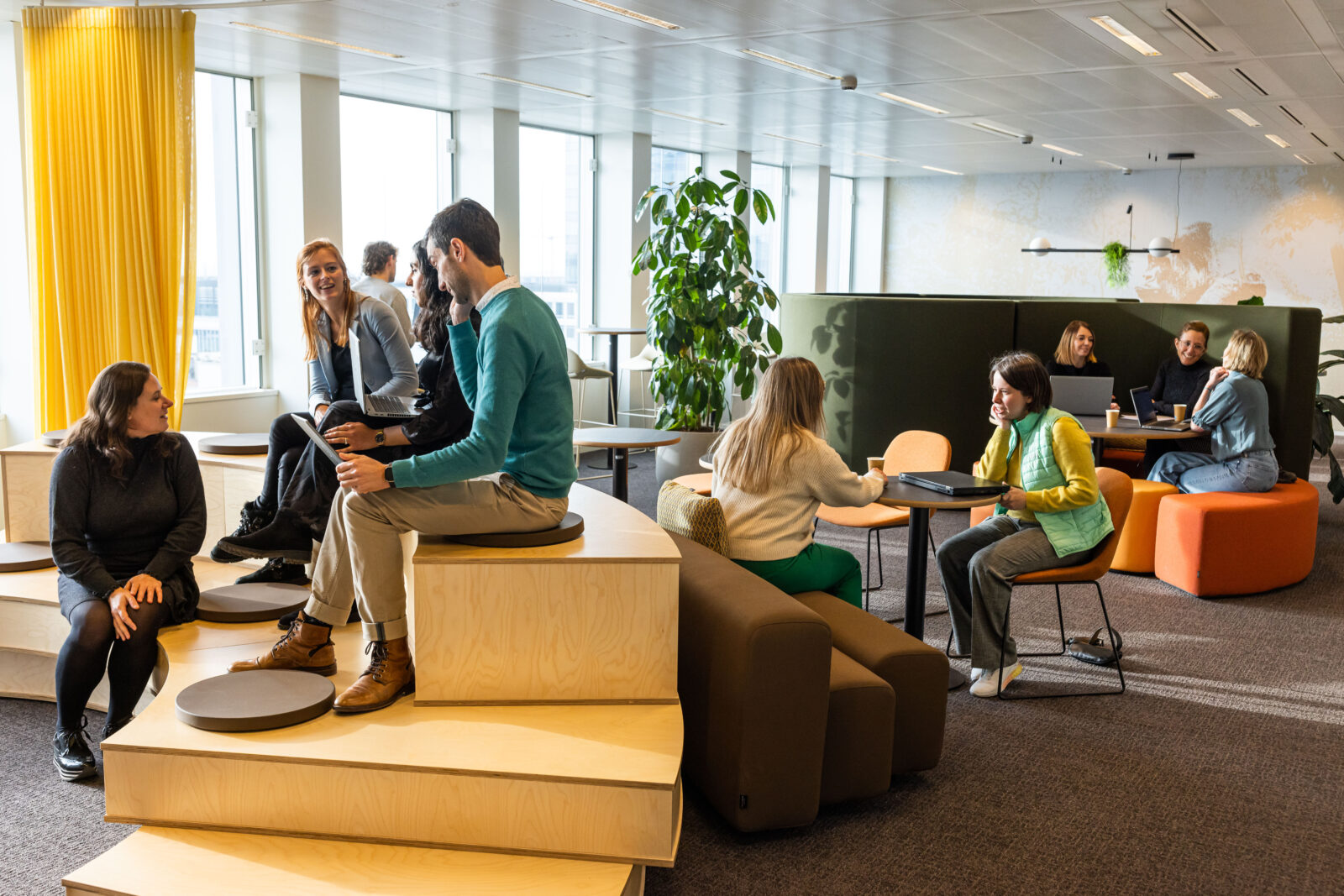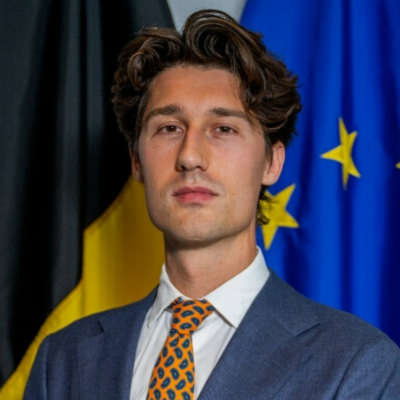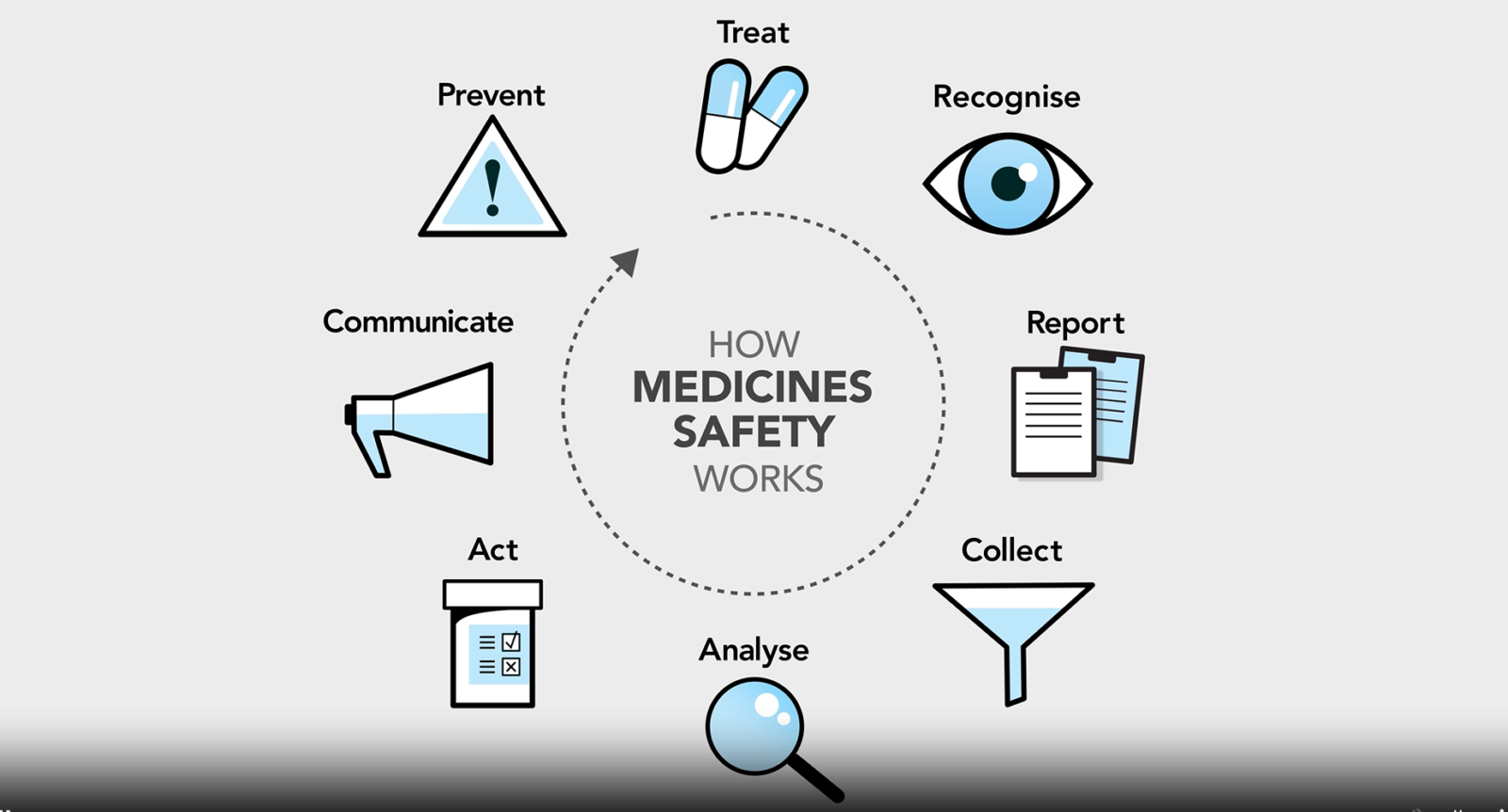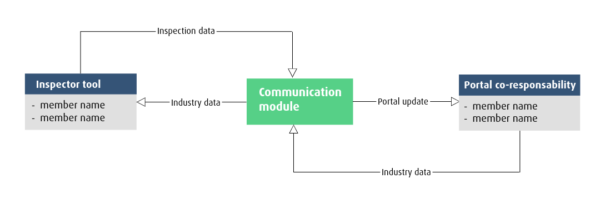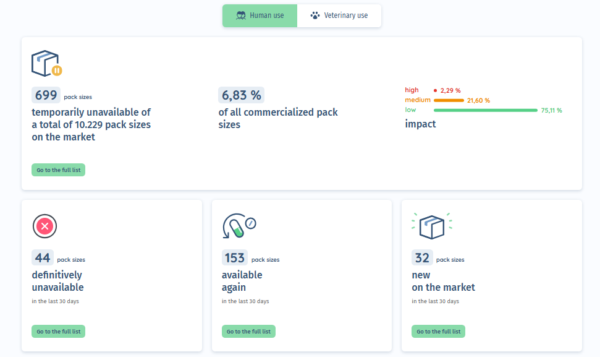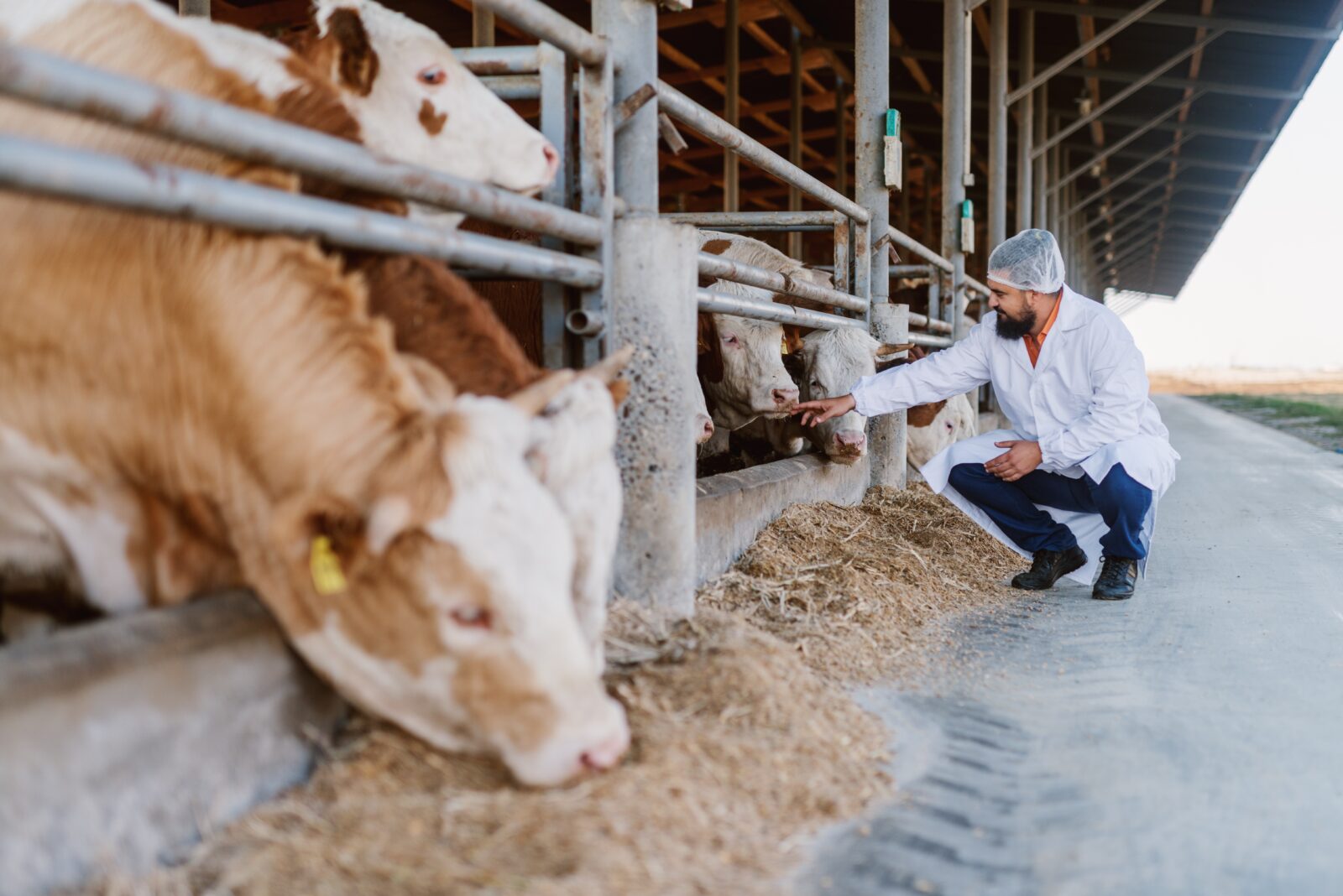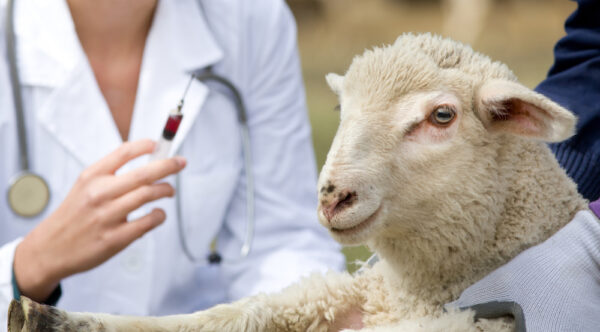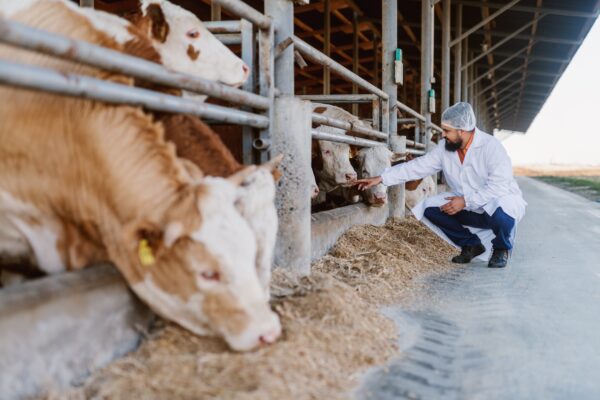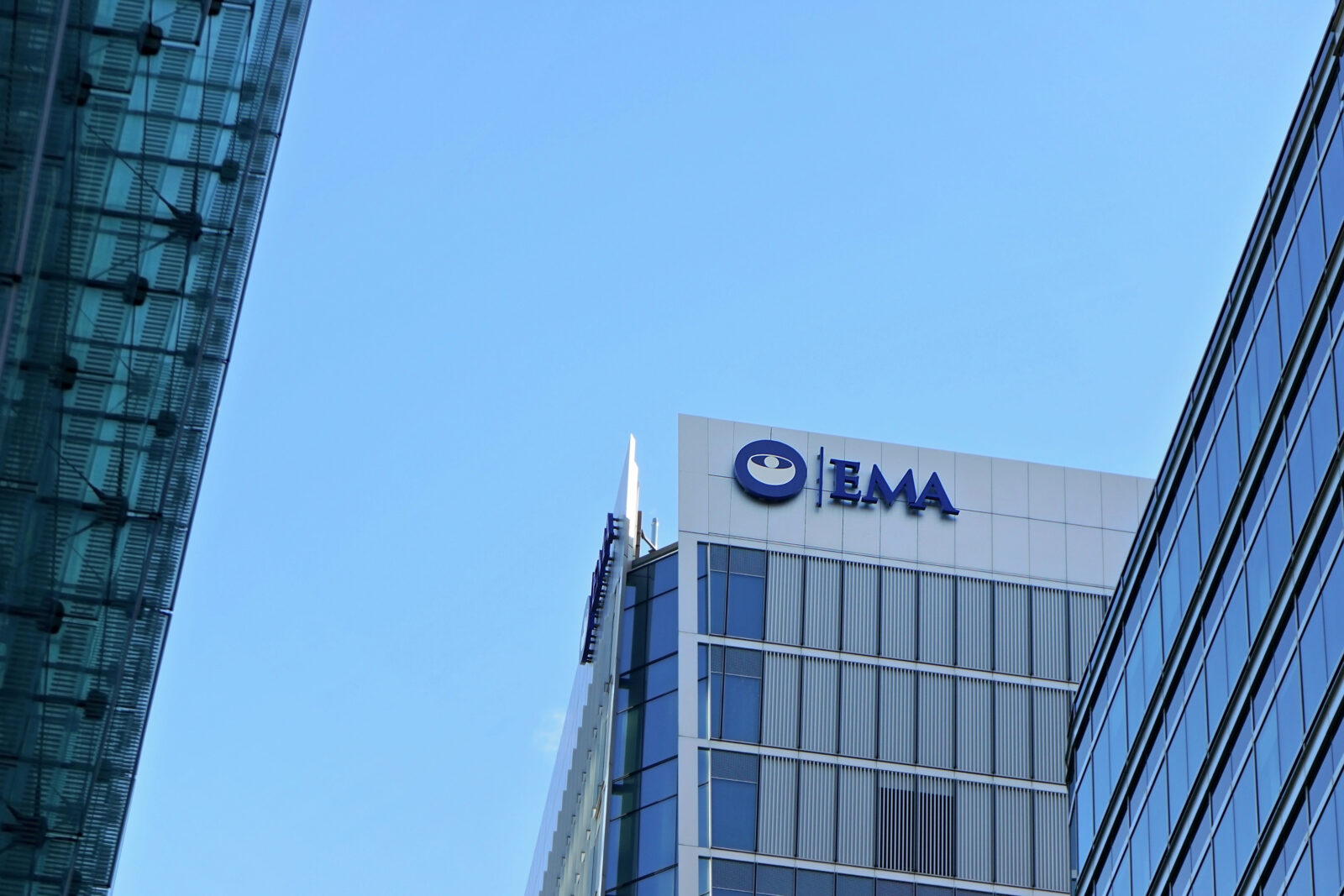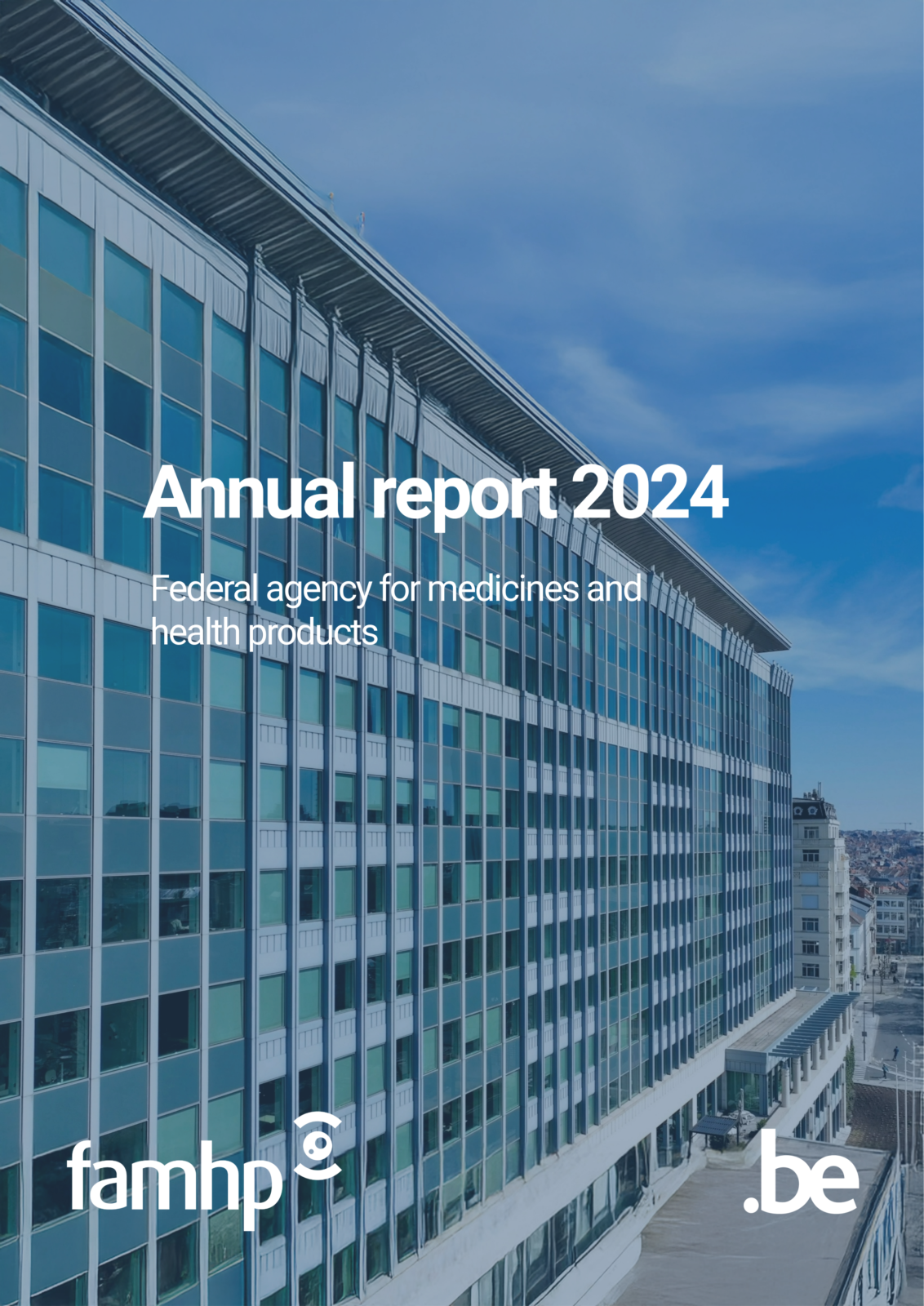
Word from our CEO
Dear Reader,
Just like other organisations, public institutions must also regularly adapt to current events and the challenges they present. This proved to be the case for the Federal Agency for Medicines and Health Products (FAMHP) in 2024. Between our commitment to the Belgian population and health professionals, and to cooperating at a national and European level, our employees had their work cut out for them. Every project – no matter how big or small – is taken seriously, without ever losing sight of the collective good.
It is with this in mind that I present our 2024 annual report. It offers readers a glimpse into a very busy year. We couldn’t possibly detail all the agency’s achievements, but we’ve made sure to capture the key points. You’ll notice that the presentation is different from that used in previous years. We’ve decided to adopt a new, more accessible approach. We hope you enjoy this format, but do let us know what you think by sending us an e-mail.
In Belgium, 2024 got off to a flying start, as our country held the presidency of the Council of the European Union. Although prepared in advance, this presidency required a lot of work from our teams in the first half of the year, particularly in organising events and meetings, and coordinating working groups. The results, which extend beyond our own activities, are positive and testify to our employees’ involvement in European-wide issues.
At the same time, our main objective – public health – remained at the heart of our priorities, as illustrated by these few examples.
Particular attention was paid to the availability of medicines. The Unavailability Task Force has been working on a number of fronts, including the regulatory framework, discussions with health professionals and patients, European coordination, and more, in order to offer the most appropriate solutions aligned with the reality that people are really living.
In a spirit of continuous improvement, the FAMHP has developed and optimised several applications designed to ease the daily tasks facing health professionals and patients: Pharmastatus, PharmaInfo, the medicines database, the registry of pharmacies, Narcoreg, etc.
Our pharmacovigilance staff organised a webinar on artificial intelligence, to reflect on the appropriate use of this new technology which, used wisely, could be a valuable tool in their field.
The FAMHP has also contributed to the fight against bluetongue and the epizootic haemorrhagic disease virus by approving vaccines against these diseases, notably via emergency procedures. This has helped to support the veterinary sector and pet owners in the face of potentially devastating diseases.
Internally, we have continued our efforts to modernise our practices, reviewing our organisation chart and drawing up our 2025-2027 strategic plan.
Our expertise, recognised both in Belgium and abroad (particularly in the field of vaccines), is based on the skills and commitment of our employees. So I’d like to thank them warmly for their commitment and motivation. We can only continue our work to protect public health thanks to them and to all our partners.
I hope you find this report an interesting read.
Hugues Malonne
Chief Executive Officer of the FAMHP

The Presidency of the Council of the European Union
The Presidency of the Council of the European Union
Presidency schedule
Virtual meeting of the HMA
The FAMHP officially kicked off the Belgian presidency with a virtual meeting of the network of the Heads of Medicines Agencies (HMA).
This meeting was dedicated to the new Critical Medicines Alliance, a consultative mechanism that brings together all relevant stakeholders to better prevent and address medicine shortages.
22-23 February 2024
IT Directors Group
Technology is playing a more important role in healthcare. The IT Directors Group meeting discussed how agencies can collaborate even better on digitalisation and IT.
A key agenda item was how to support national competent authorities with the technological changes coming their way in the next years.
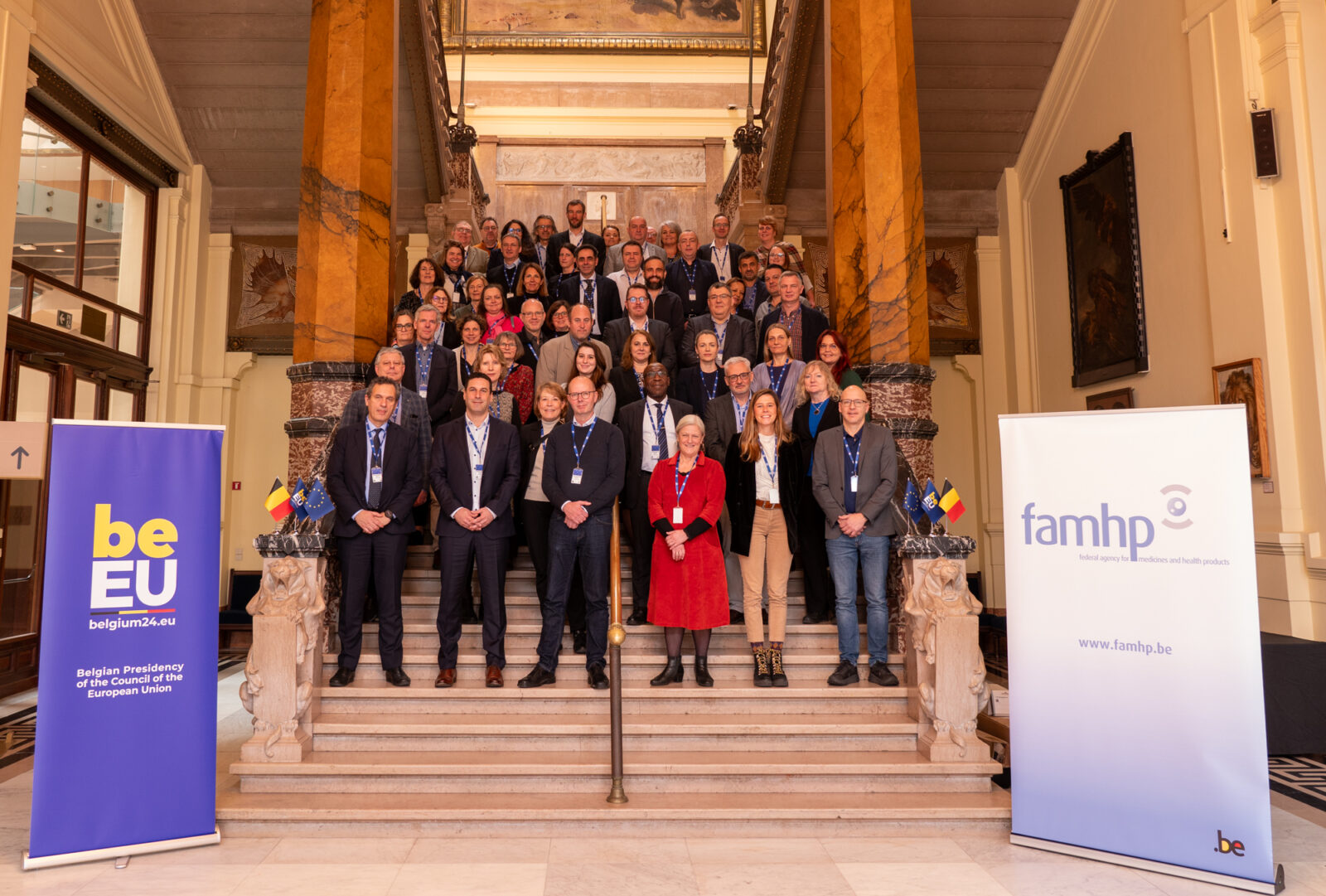
14 – 15 March 2024
CEG-CAMD
European competent authorities for medical devices and in vitro diagnostic medical devices met for the CEG and CAMD (CAMD Executive Group and Competent Authorities for Medical Devices).
Key topics such as shortages of medical devices and the use of in-house in vitro diagnostics were included on the agenda. The FAMHP had the opportunity to present some recent achievements within the field of medical devices.
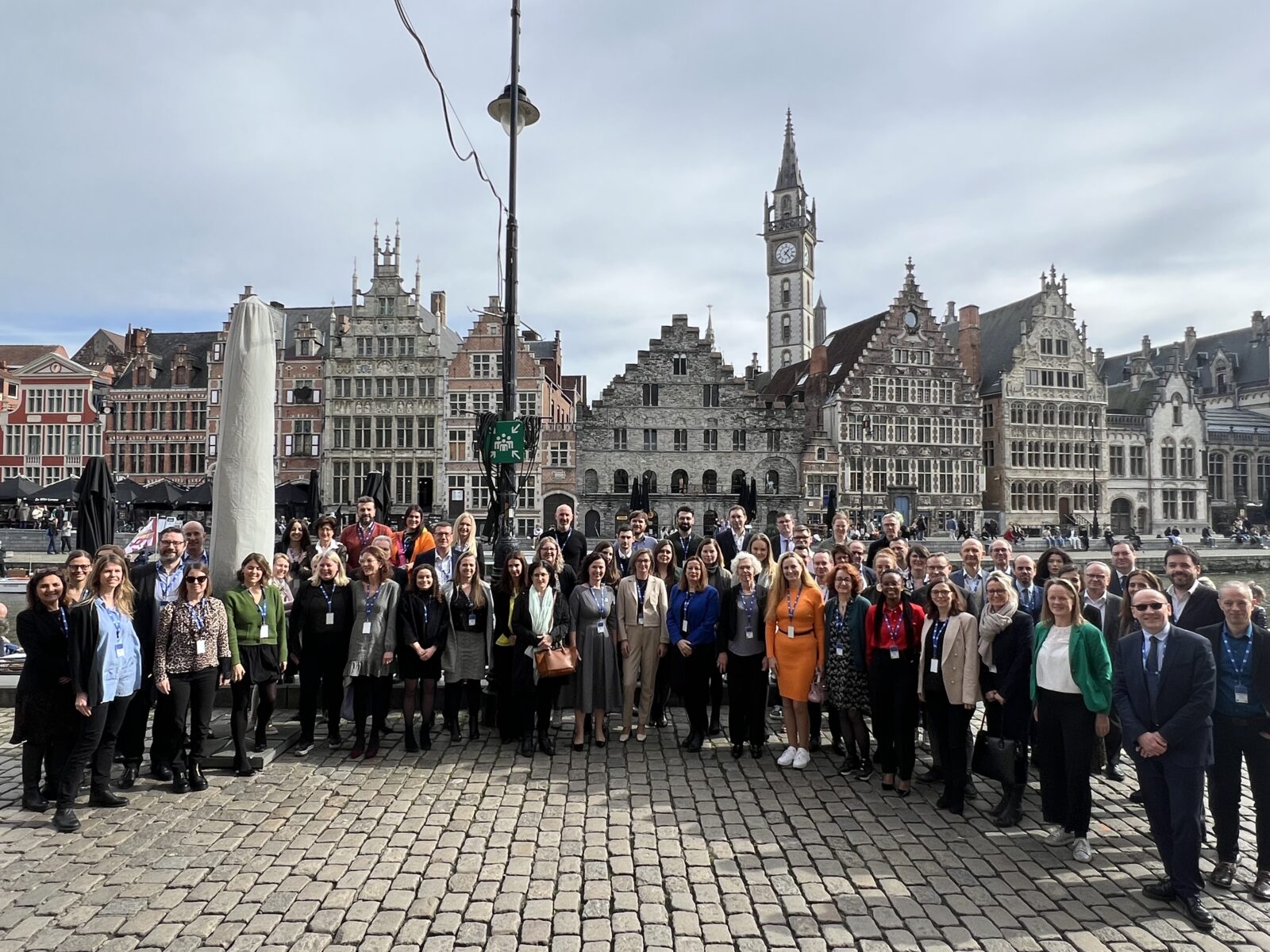
28 – 29 March 2024
COMP
The Committee for Orphan Medicinal Products (COMP) plays a key role in improving access to safe and effective treatments for patients with rare diseases. During the Belgian presidency, cooperation within the committee was strengthened. A key agenda item was the introduction of the concept of ‘unmet health-related need’ in the review of European pharmaceutical legislation.
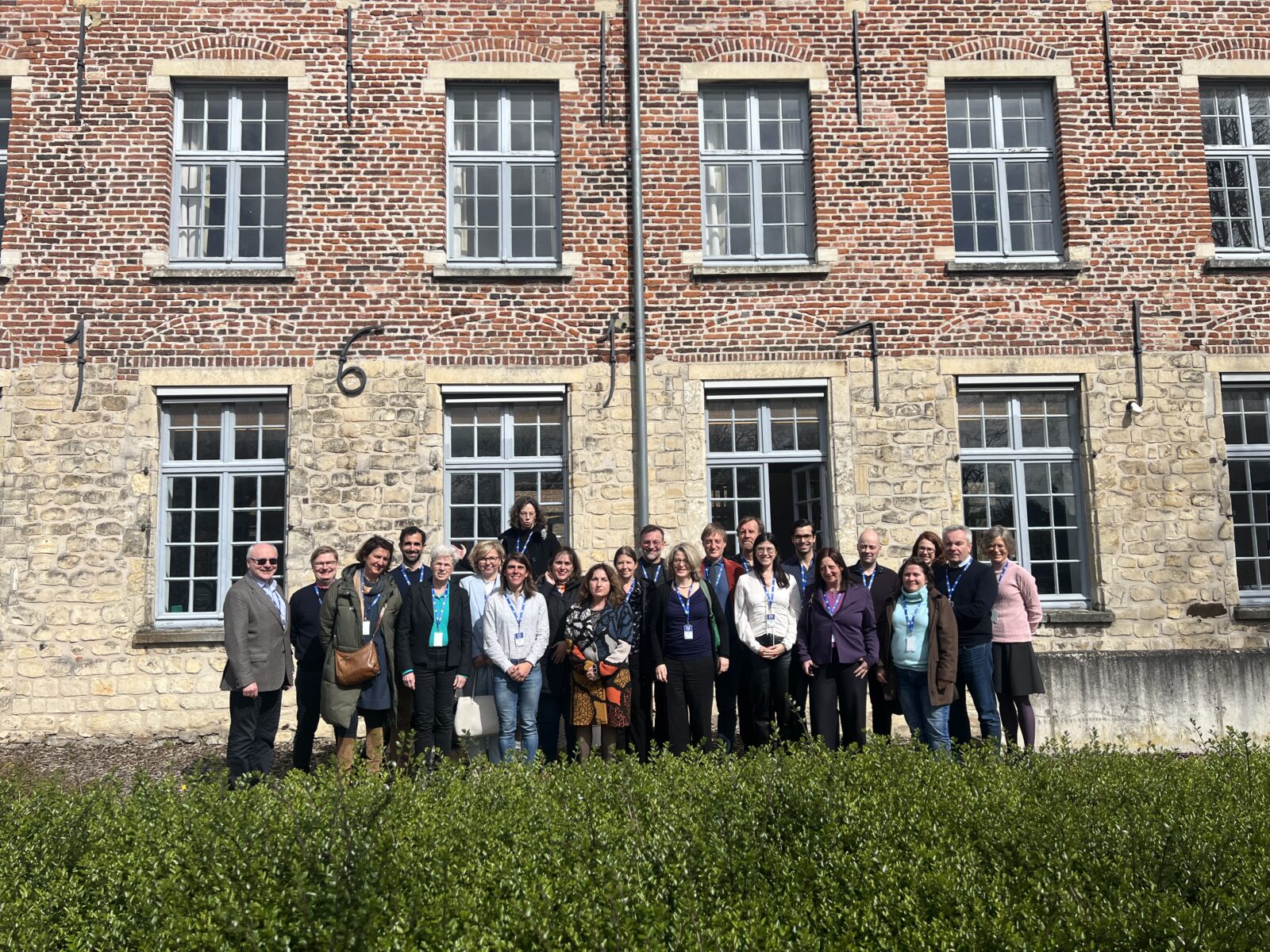
10-11 April 2024
CMD-v-CVMP
The CVMP (Committee for Veterinary Medicinal Products) and CMDv (Coordination group for mutual recognition and decentralised procedures for veterinary medicinal products), the European working groups on veterinary medicinal products, discussed various topics together at a joint meeting. Key topics included multinational clinical trials involving animals, regulations concerning veterinary medicine, and the practical use of electronic package leaflets. Furthermore, experts shared their insights on emerging animal diseases, the use of big data and AI, the need for training, and the role of biosimilars in veterinary medicine.
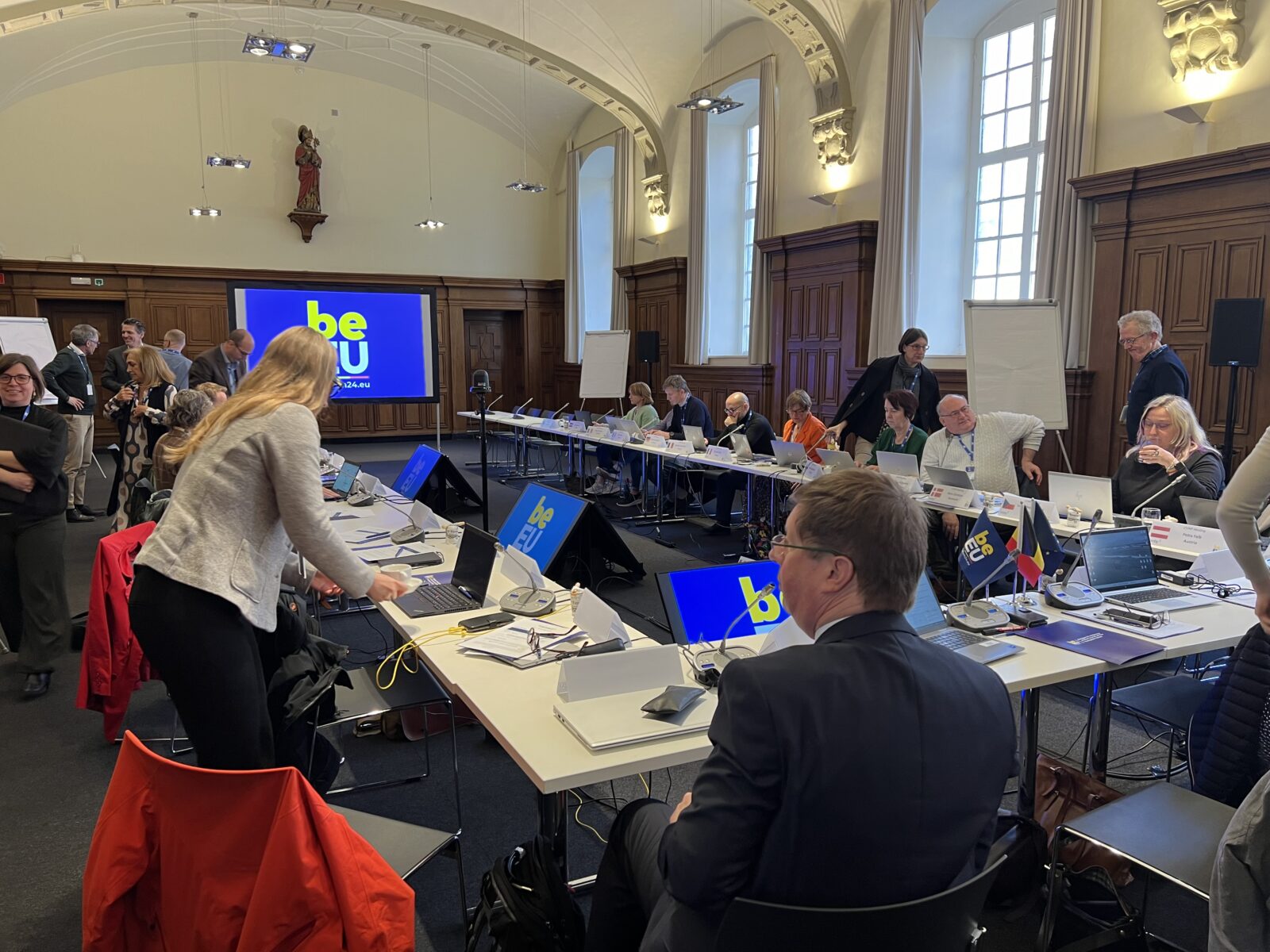
18 April 2024
First joint meeting of the NCAPR, HTA – HAG and HMA
The FAMHP had the honour of organising the first joint meeting of the Heads of Medicines Agencies (HMA), National Competent Authorities on Pricing and Reimbursement (NCAPR), and Heads of HTA Agencies (HAG).
Among other things, participants discussed the reuse of existing medicinal products and how to address medical needs that remain unmet. Joint procurement and negotiations were also discussed, with a particular focus on the fight against antimicrobial resistance and access to innovative medical devices and diagnostics.
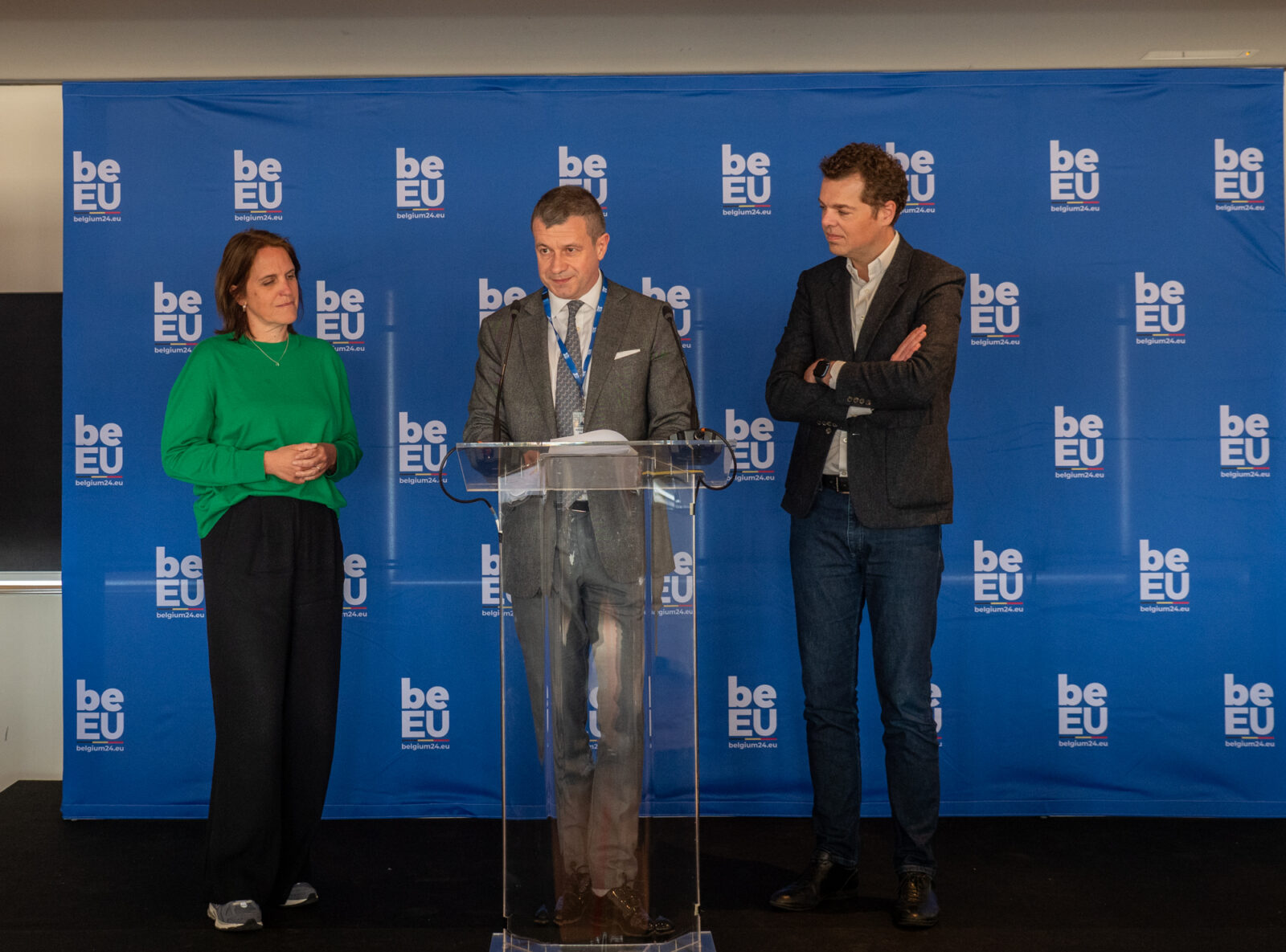
23 April 2024
Launching critical medicines alliance
The official launch of the Critical Medicines Alliance brought all relevant stakeholders together for a common goal: reinforcing the supply of essential medicinal products in Europe.
By identifying priority actions, the alliance aims to prevent shortages and to address them more effectively.
The FAMHP played an active role, both through internal experts and through the steering committee, where Hugues Malonne acted as vice-president.
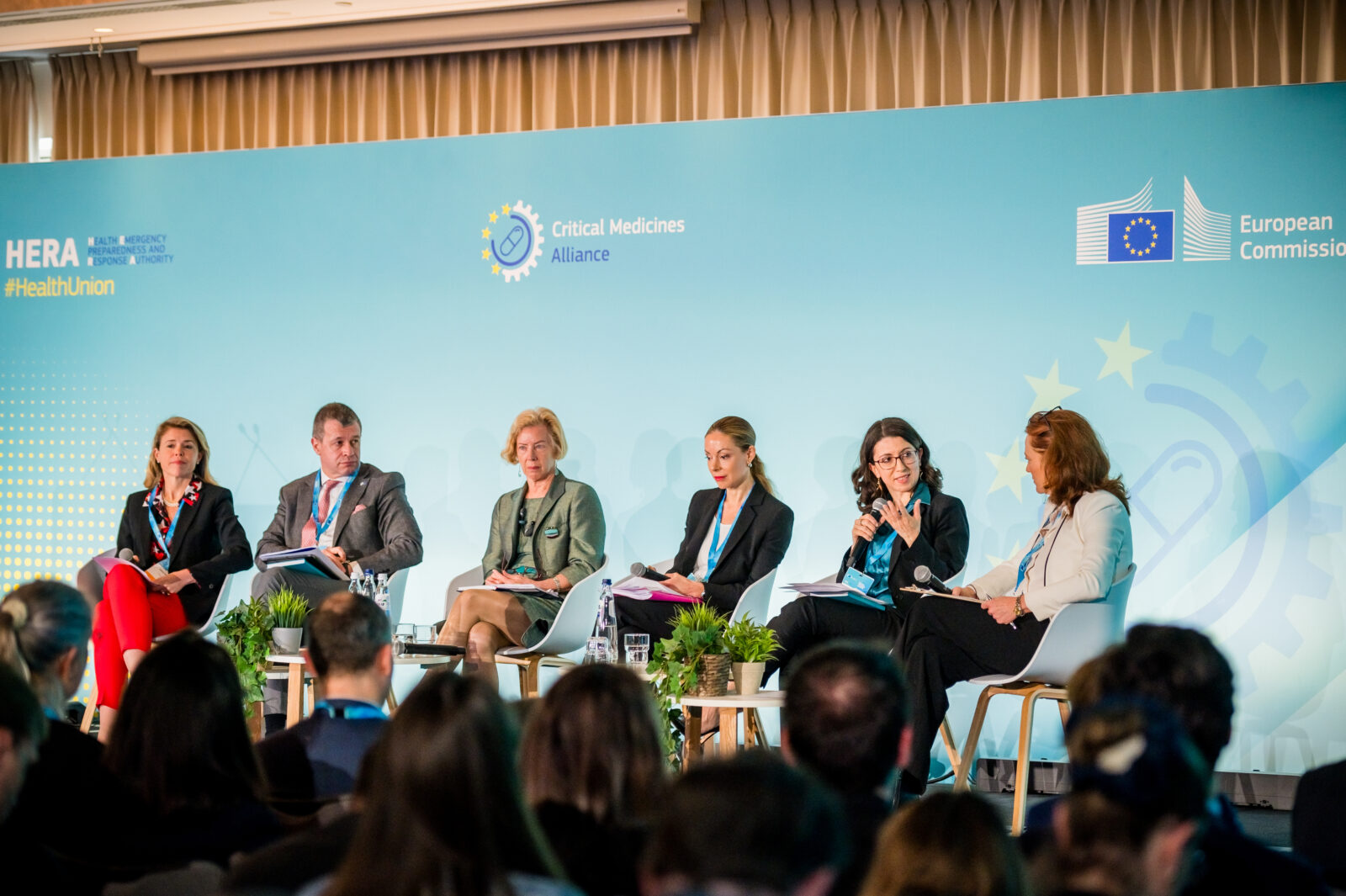
16 – 17 May 2024
PDCO-CAT
Experts from the Paediatric Committee (PDCO) and the Committee for Advanced Therapies (CAT) met with representatives from patient organisations, academia, health technology assessment (HTA), the European Medicines Agency (EMA), and national competent authorities. Discussions focused on unmet medical needs and the development of advanced therapy medicinal products (ATMPs) for paediatric oncology and neuromuscular disorders in children.
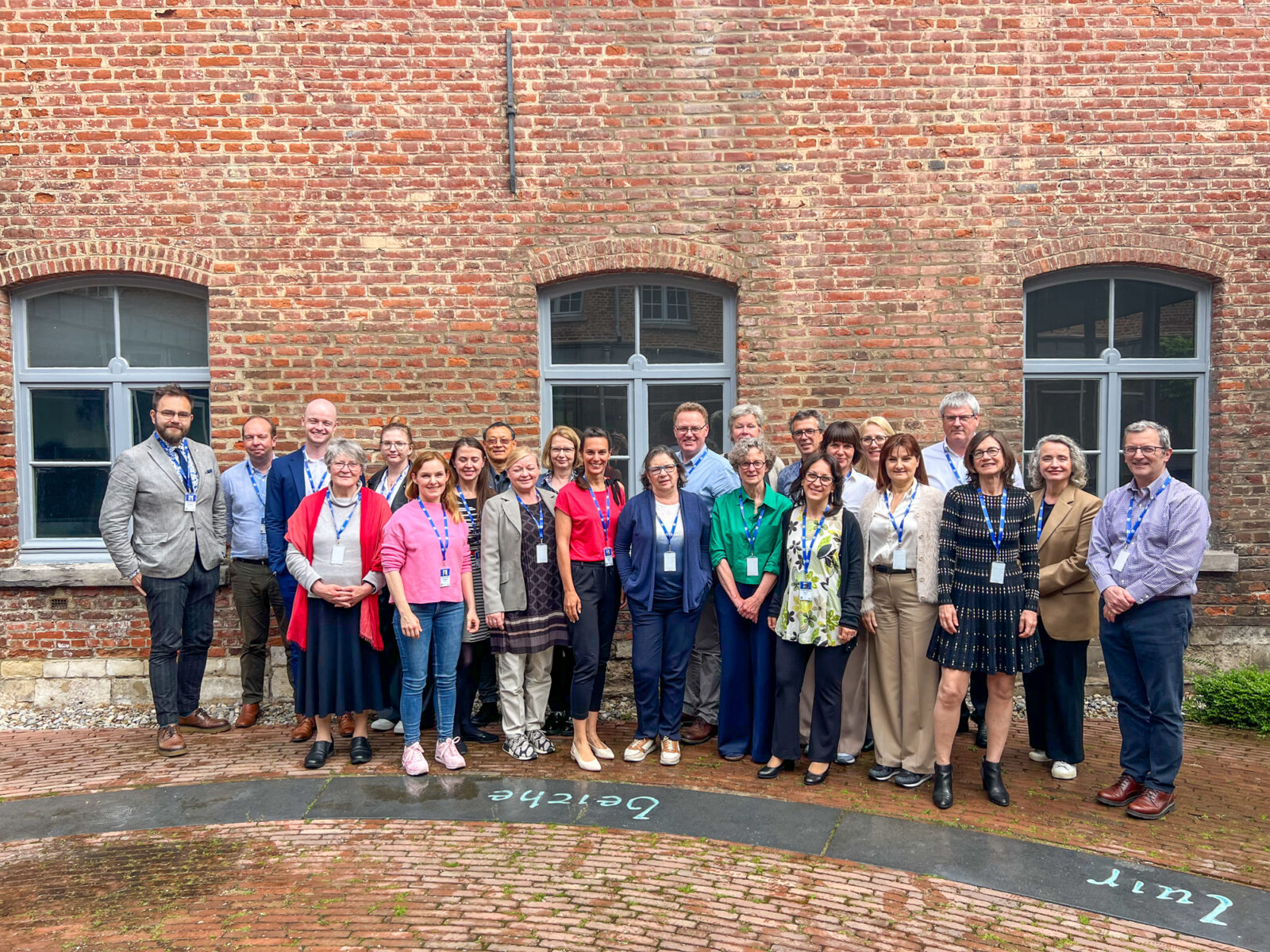
28 – 29 May 2024
PRAC
The Pharmacovigilance Risk Assessment Committee (PRAC) meets monthly to review all aspects of risk management for medicinal products for human use.
The meeting covered a range of topics, including the use of artificial intelligence to support pharmacovigilance, risks associated with medicinal products during pregnancy, and preparations for assessment teams in crisis situations.
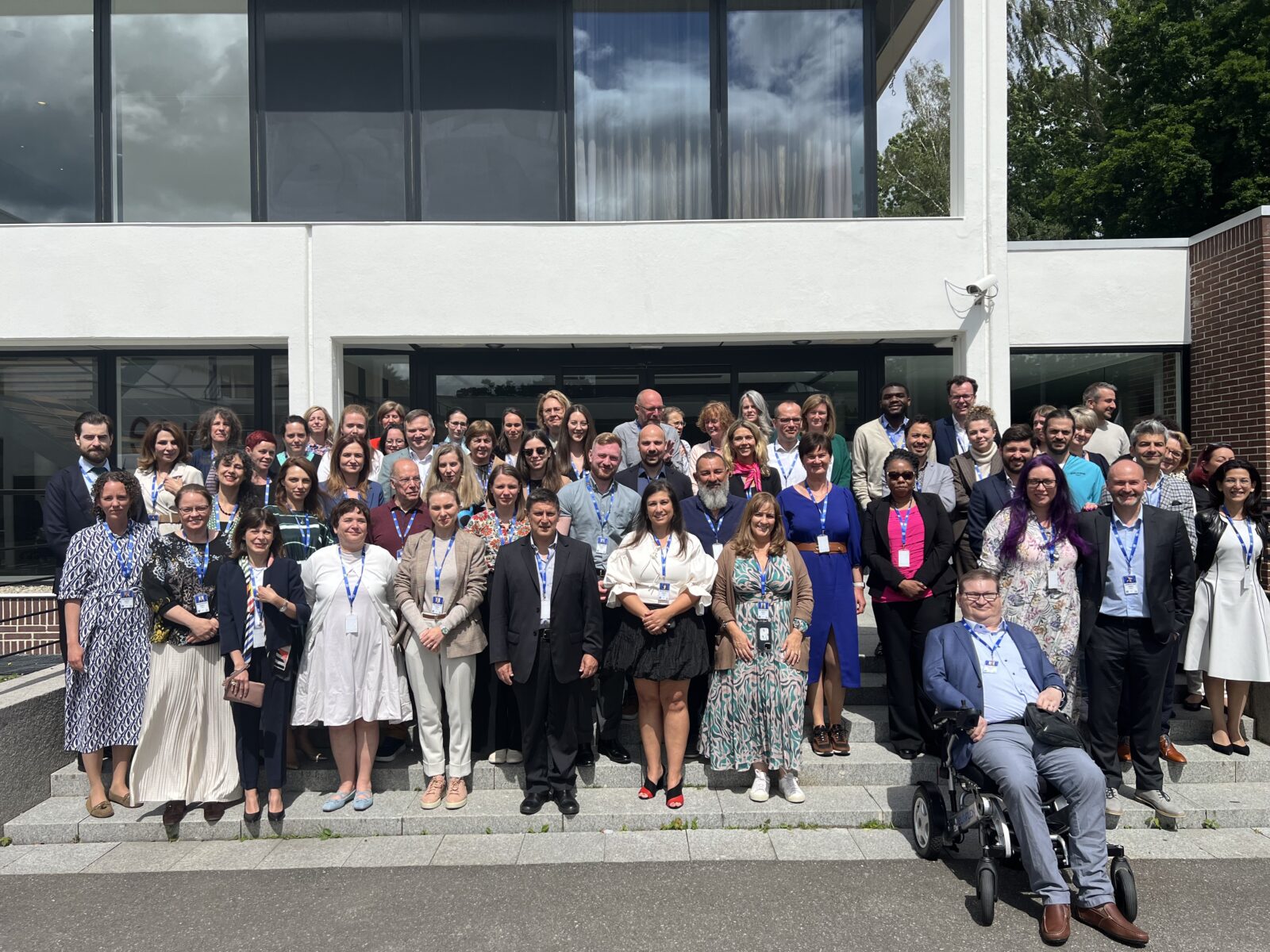
4 – 5 June 2024
SAWP-CHMP
The Co-ordination Group for Mutual Recognition and Decentralised Procedures – Human (CMDh) continues to play a key role in enhancing medicines authorisation procedures across Europe.
Topics discussed at the meeting included the review of European pharmaceutical legislation, monitoring medicine shortages, and sharing experiences related to national medicine databases.
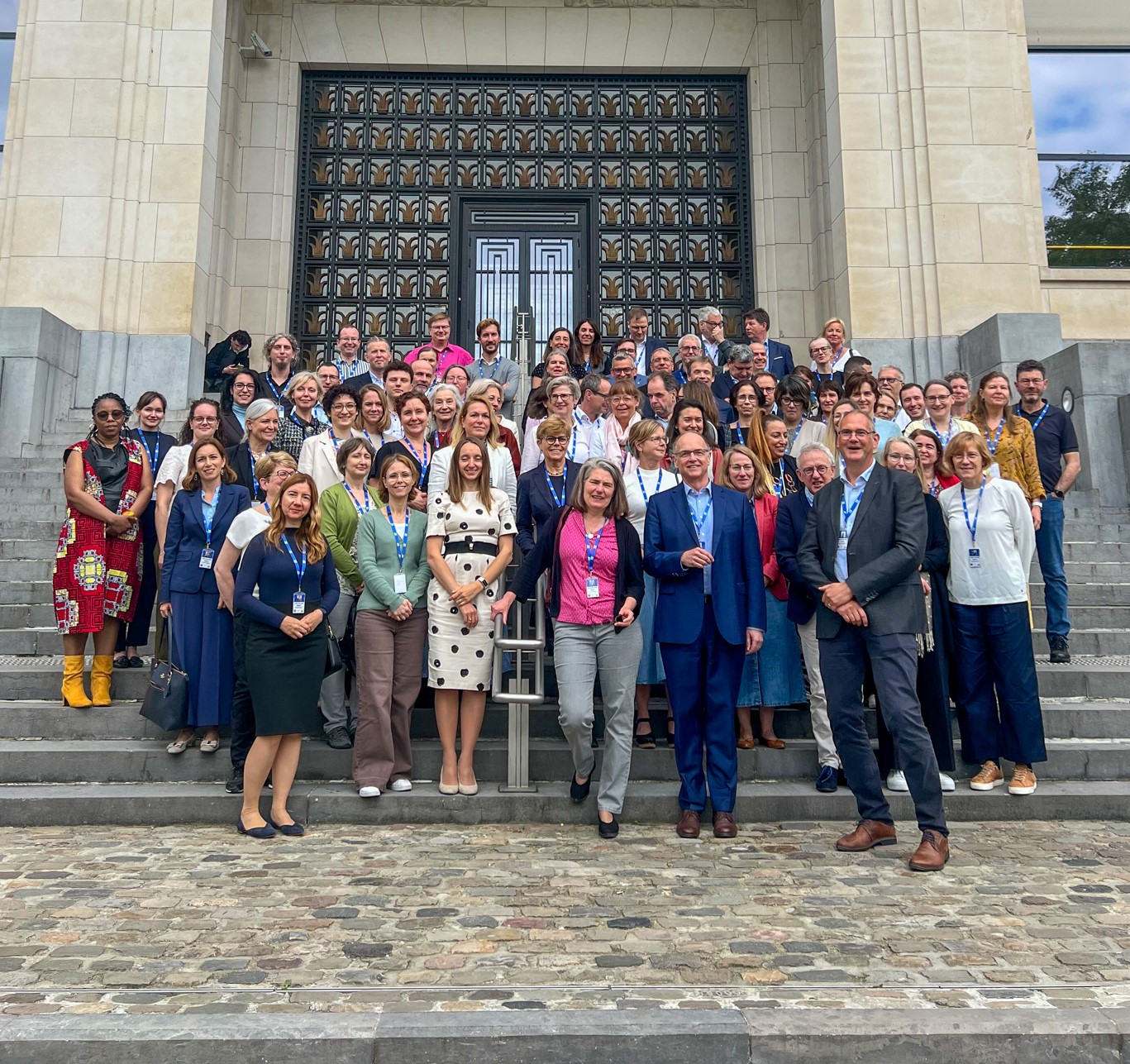
25 – 26 June 2024
HMPWG
The Homeopathic Medicinal Product Working Group (HMPWG) met to discuss several key topics. The agenda included the restart of the subgroup focused on the safety of homeopathic medicinal products. The group also worked on updating a question-and-answer document, reflecting the latest European regulations on veterinary medicinal products.
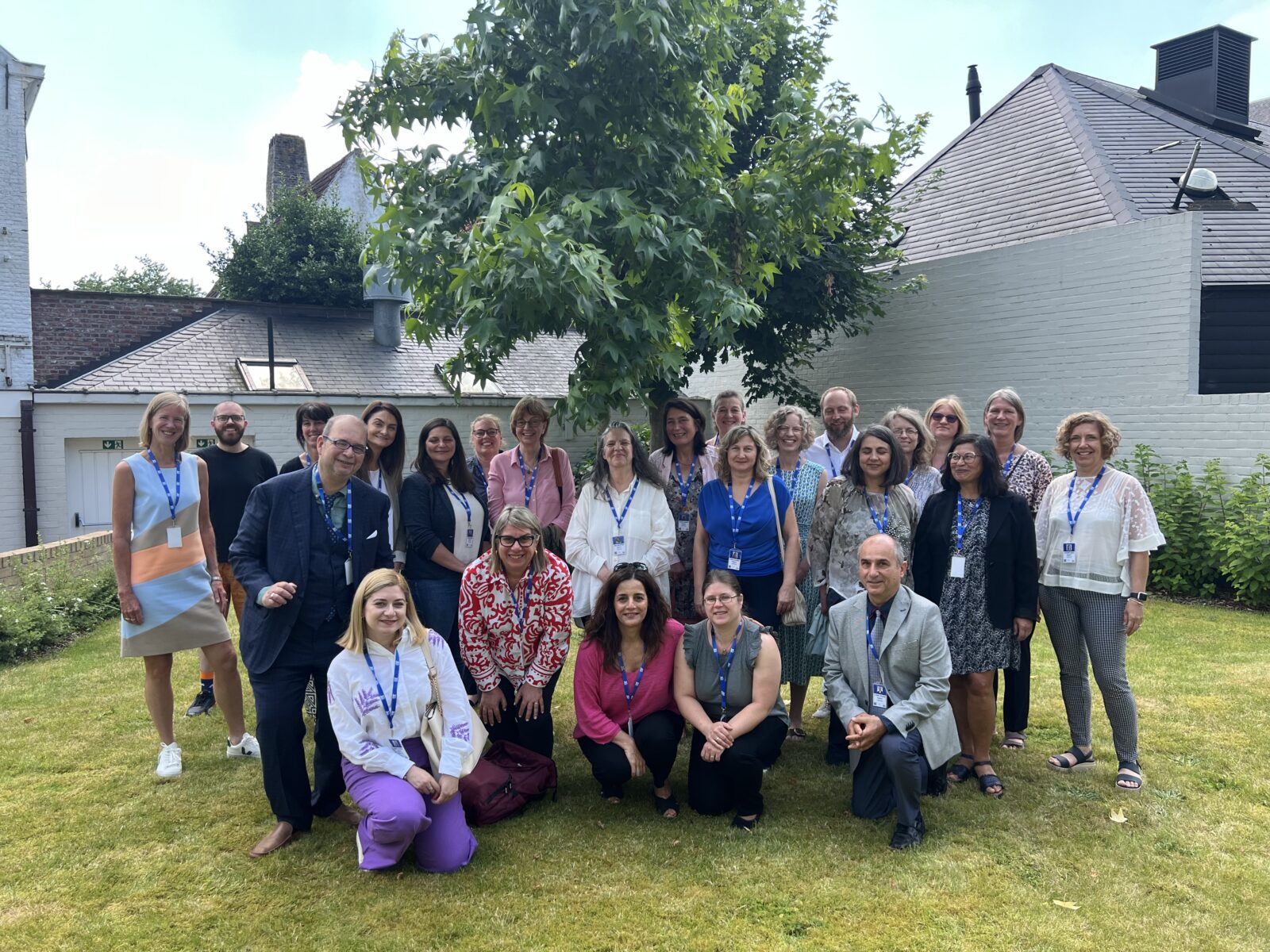
30-31 January 2024
3R workshop and conference
An interactive workshop on microphysiological systems brought together researchers, policymakers, the pharmaceutical sector and developers to better understand this promising technology. The next day, a conference was held on the principles of the 3Rs – replacement, reduction and refinement – in animal testing in medicinal research.
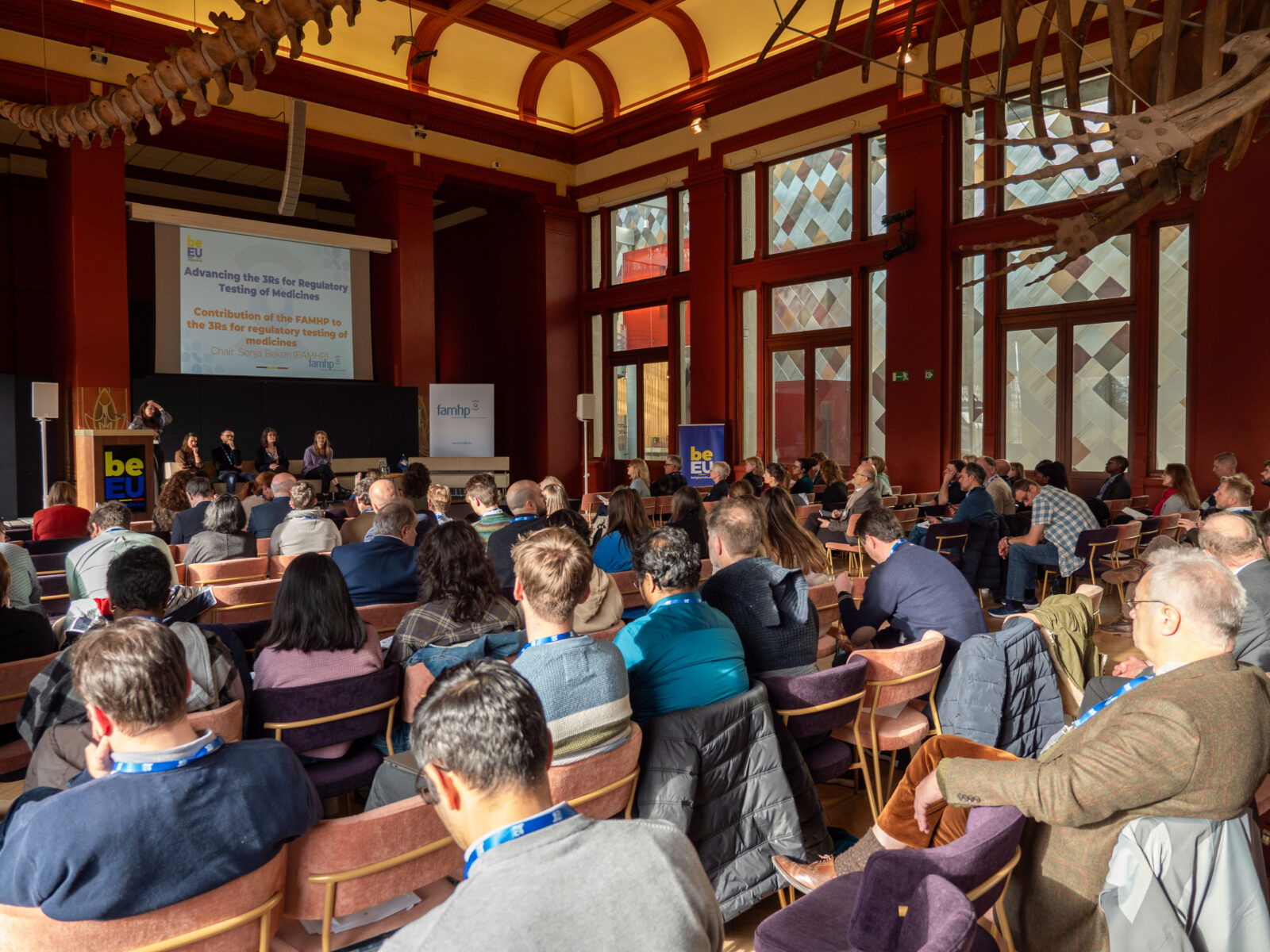
6 – 7 March 2024
Clinical Trials Coordination Group
The Clinical Trials Coordination Group (CTCG) discussed key topics, including the transition of ongoing clinical trials in line with the new European regulation. It also assessed the progress of projects focusing on the accelerated assessment of clinical trials in crisis situations, such as COVID-19. Finally, there were discussions on the possibility of early scientific advice for clinical trial application submission, and how this could match existing advisory procedures.
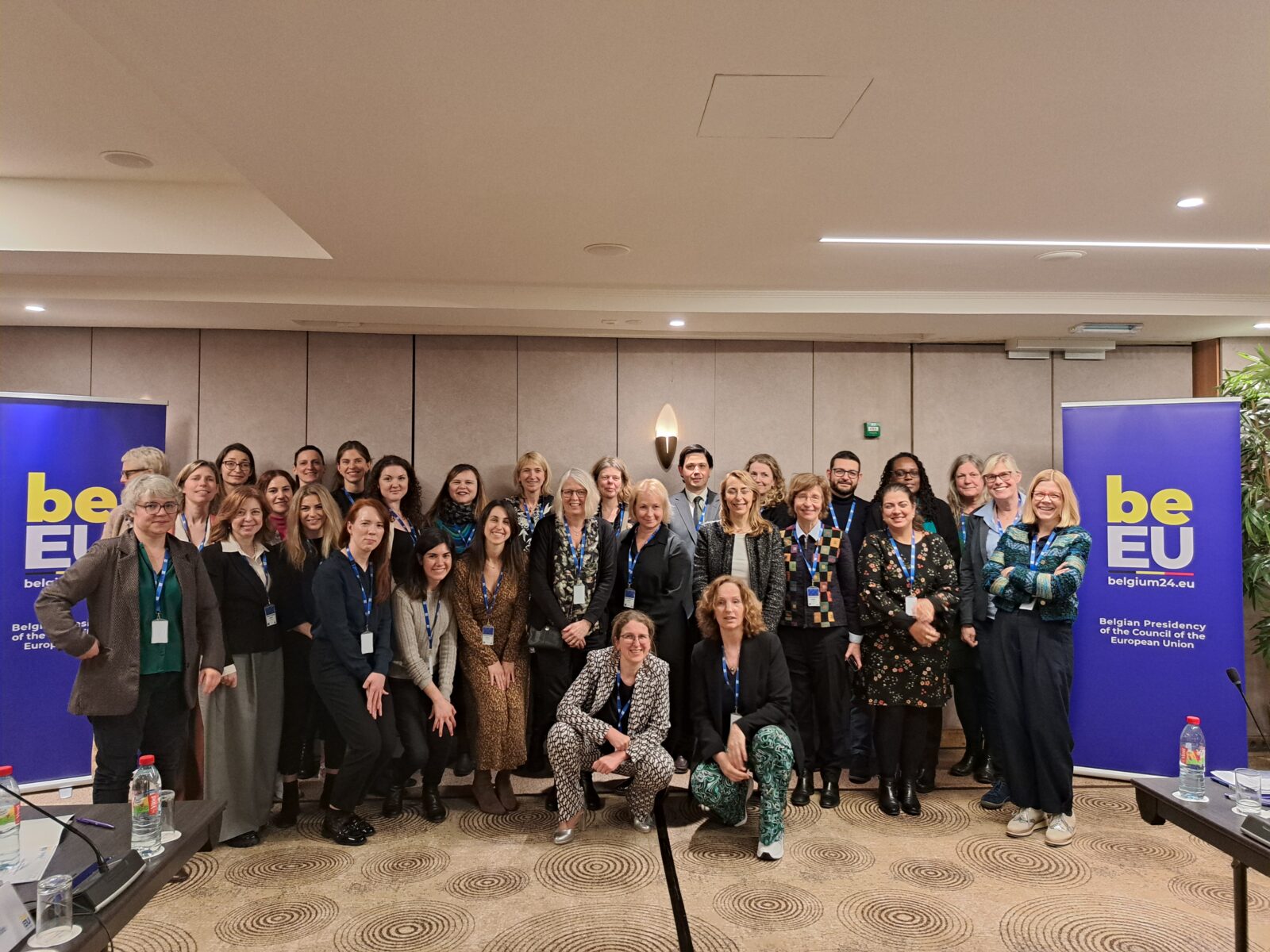
27 March 2024
Visit by Emer Cooke from the European Medicines Agency
A special day for the FAMHP: Emer Cooke, executive director of the European Medicines Agency, visited the agency. During her visit, she discussed various issues with employees, including medicine shortages, European cooperation and the review of pharmaceutical legislation. She expressed appreciation for the strong commitment of FAMHP employees within the EMA network. The visit once again underlined the importance of close European cooperation in healthcare.
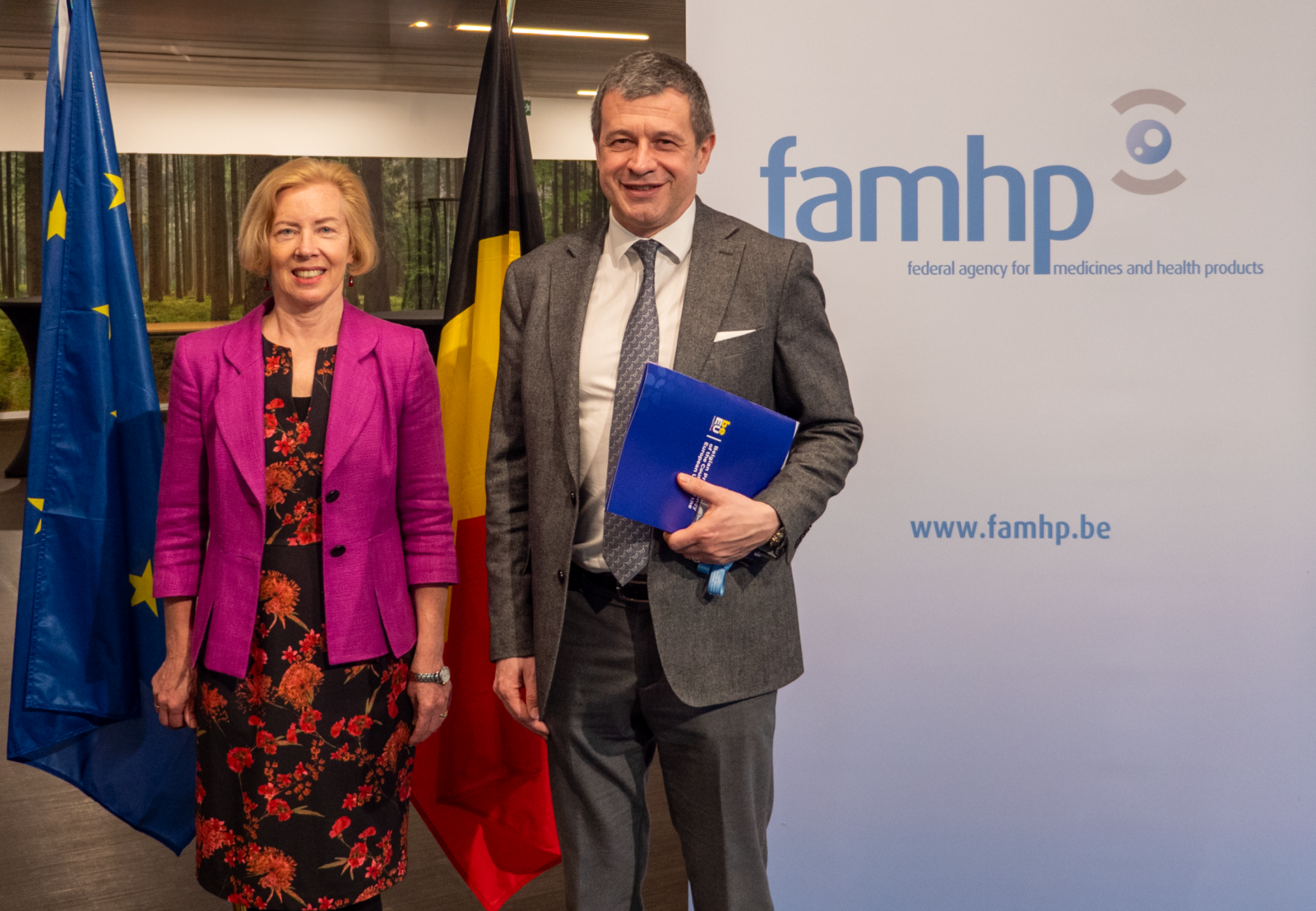
4-5 April 2024
EMACOLEX
The EMACOLEX (Co-operation of Legal and Legislative Issues) meeting brought together legal experts from different countries to discuss current topics.
The review of the European pharmaceutical legislation and medicine shortages were widely discussed, along with engaging presentations on parallel imports.
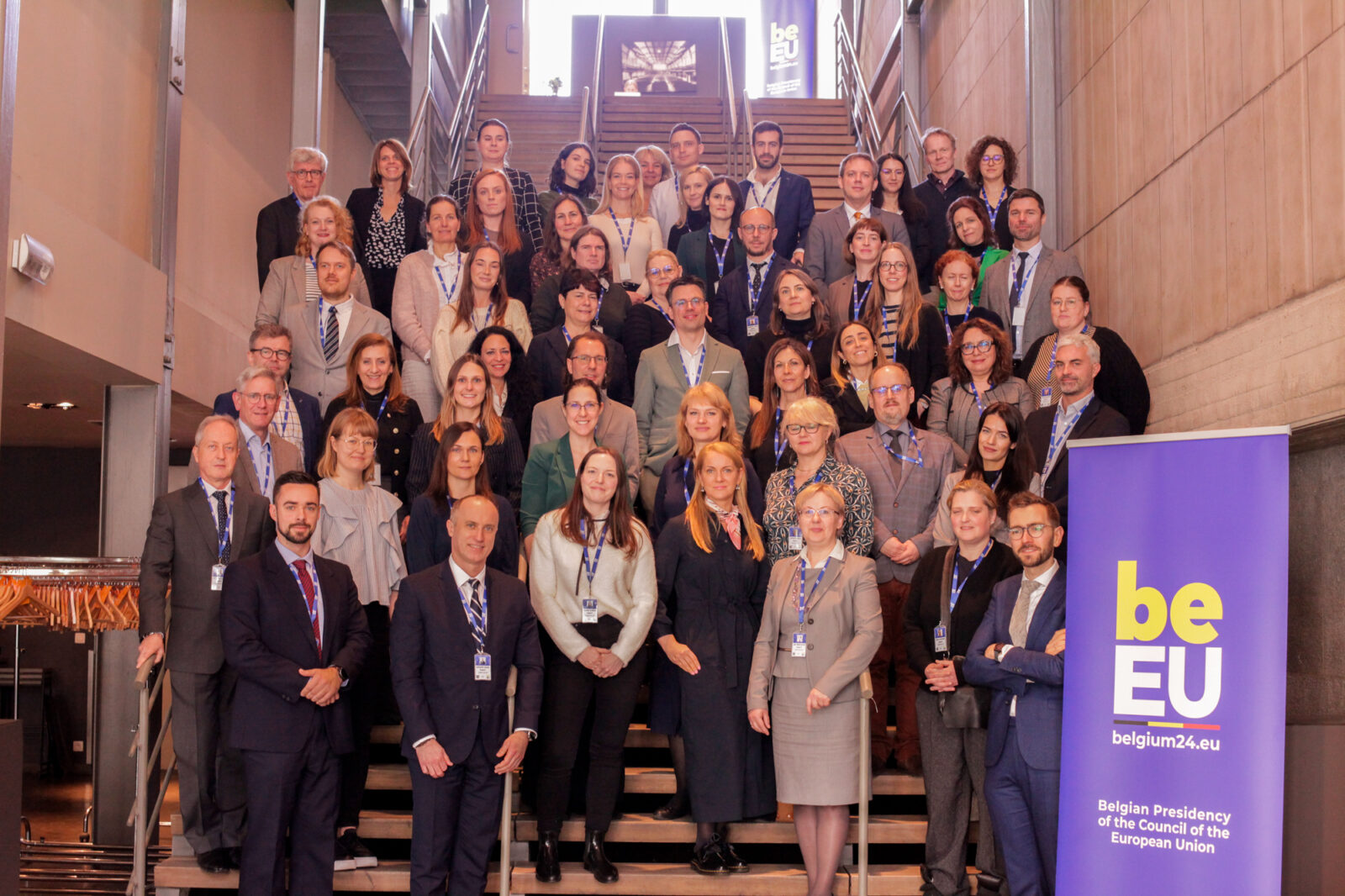
17-18 April 2024
Conference on unmet health-related needs
In collaboration with the National Institute for Health and Disability Insurance (NIHDI) and the Belgian Health Care Knowledge Centre (KCE), the FAMHP organised a conference on unmet health-related needs.
The focus was on identifying these needs from the perspective of patients and society. They examined where the needs are greatest and how they could be better addressed – for example, through a European research infrastructure or a member state-driven assessment mechanism.
This conference represents an important step towards more needs-driven decision-making, both at EU level and national level.
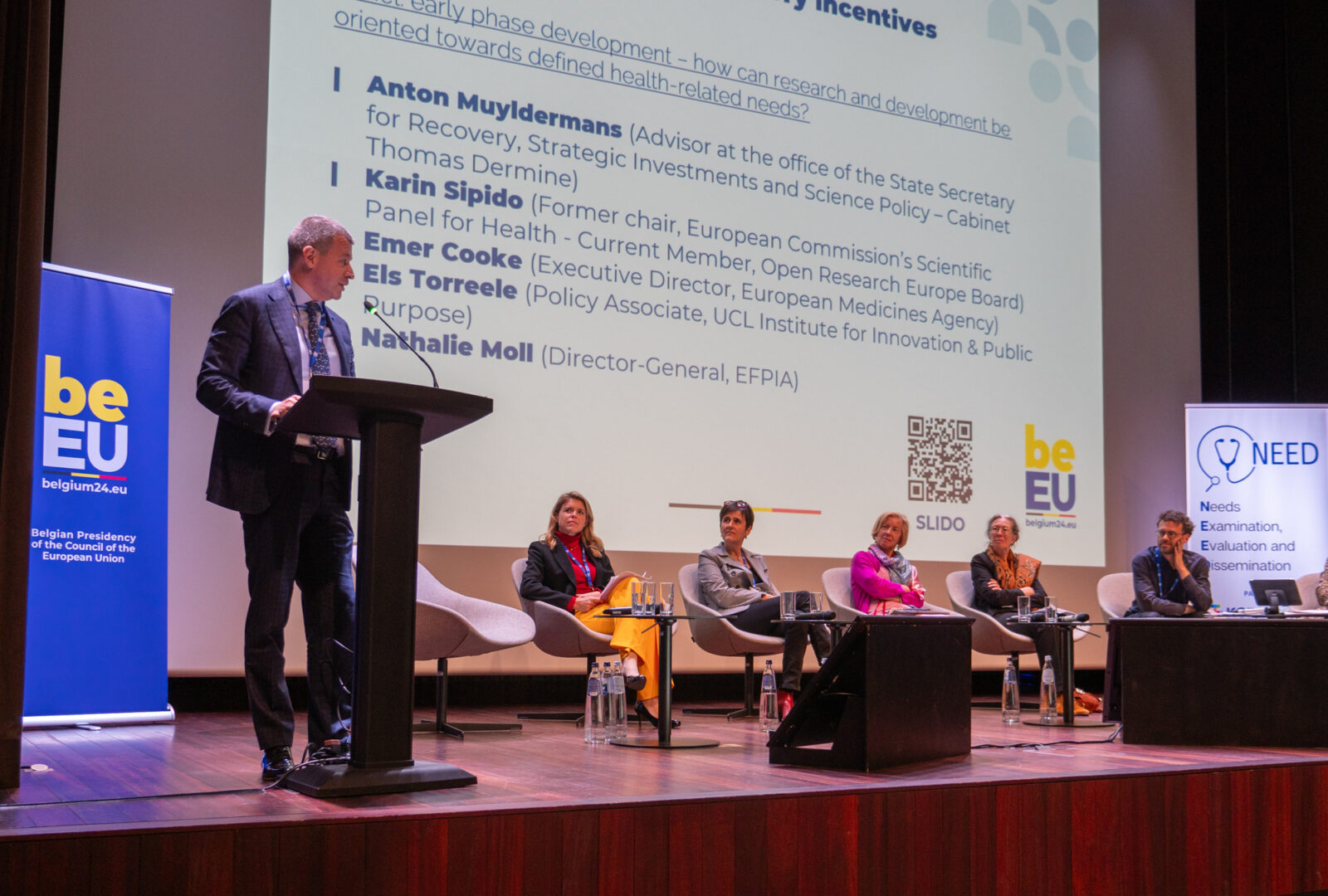
19 April 2024
Second HMA
Our Chief Executive Officer Hugues Malonne chaired the second plenary session of the HMA of the Belgian presidency. Representatives of medicine agencies from all over Europe, the European Medicines Agency and the European Commission actively participated in the discussions.
The focus was on strengthening the European Medicines Regulatory Network and the role of artificial intelligence within the medicines regulatory framework.
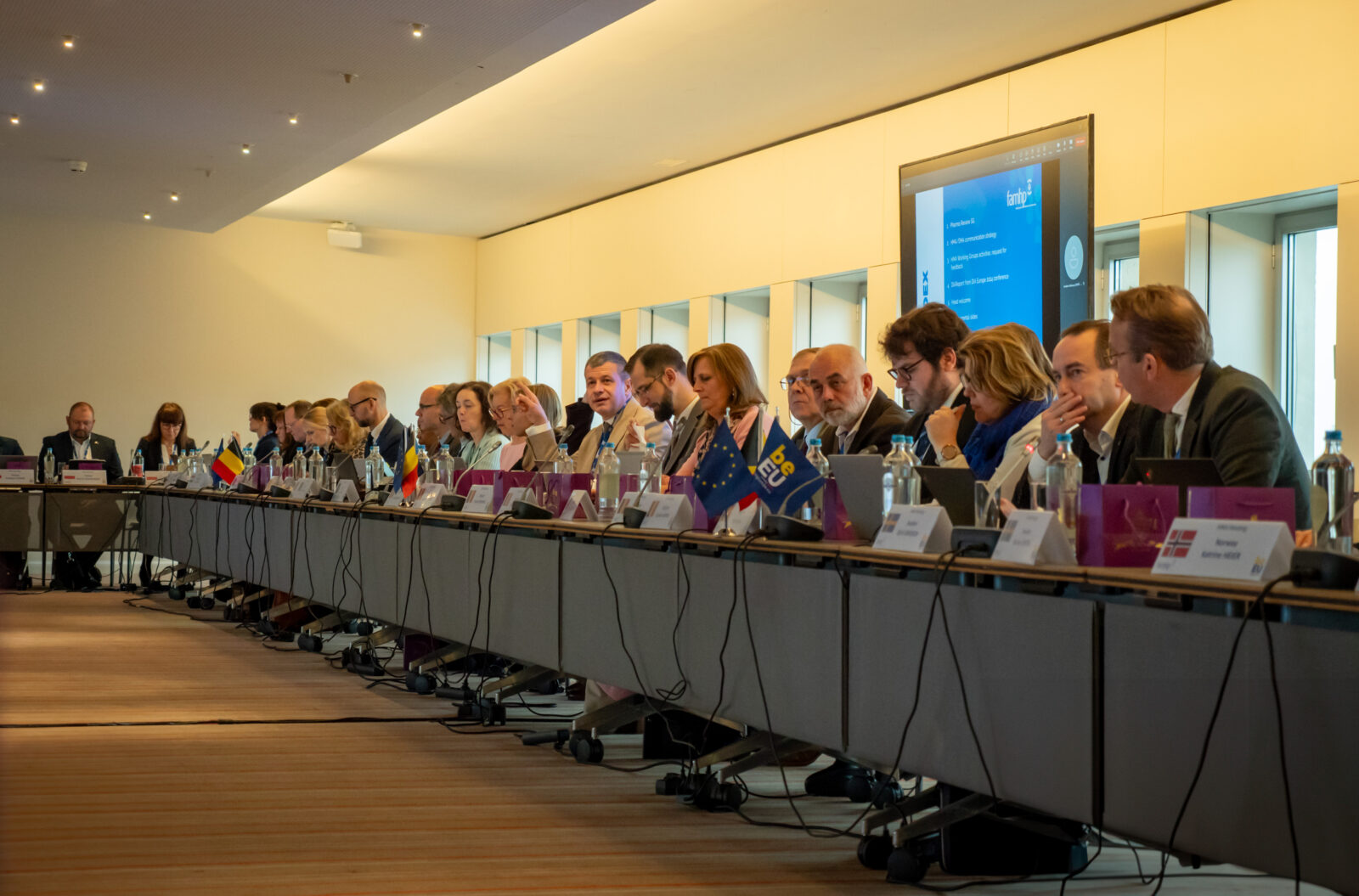
24 – 25 April 2024
HMPC
During the meeting of the Committee on Herbal Medicinal Products (HMPC), European experts gathered to assess scientific data on herbal substances, preparations and combinations.
The agenda covered topics such as grey zone products and the antimicrobial activity of plant-derived components. Strategic discussions also focused on anticipated future challenges.
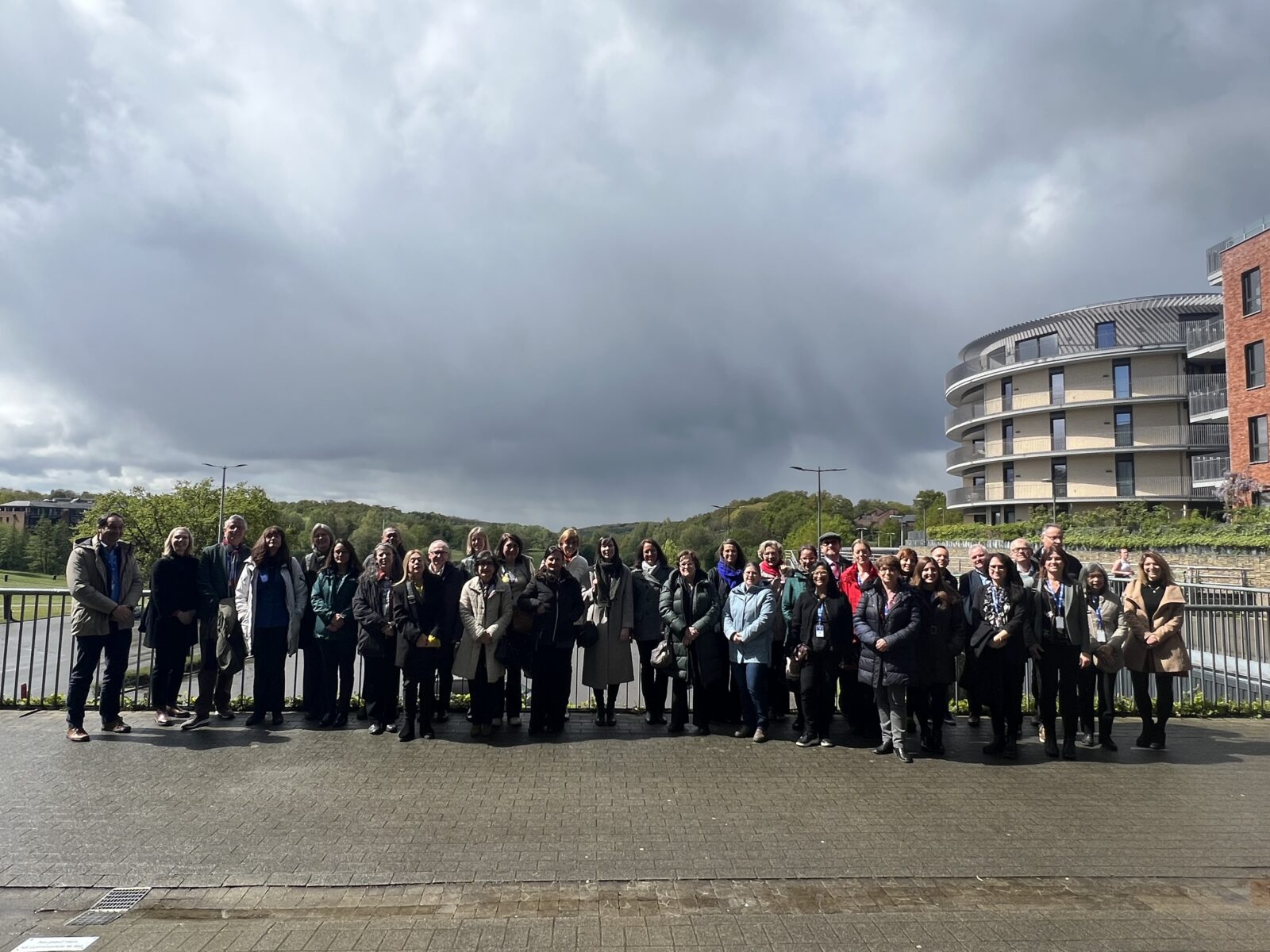
23 – 24 May 2024
WGCP
During the meeting of the Working Group of Communications Professionals (WGCP), the joint communication strategy of the European medicines agencies was further refined, and concrete actions were prepared to better inform patients and stakeholders. Inspiring examples were also shared, including the Belgian patient website PharmaInfo and the Dutch campaign on drug-herbal interactions.
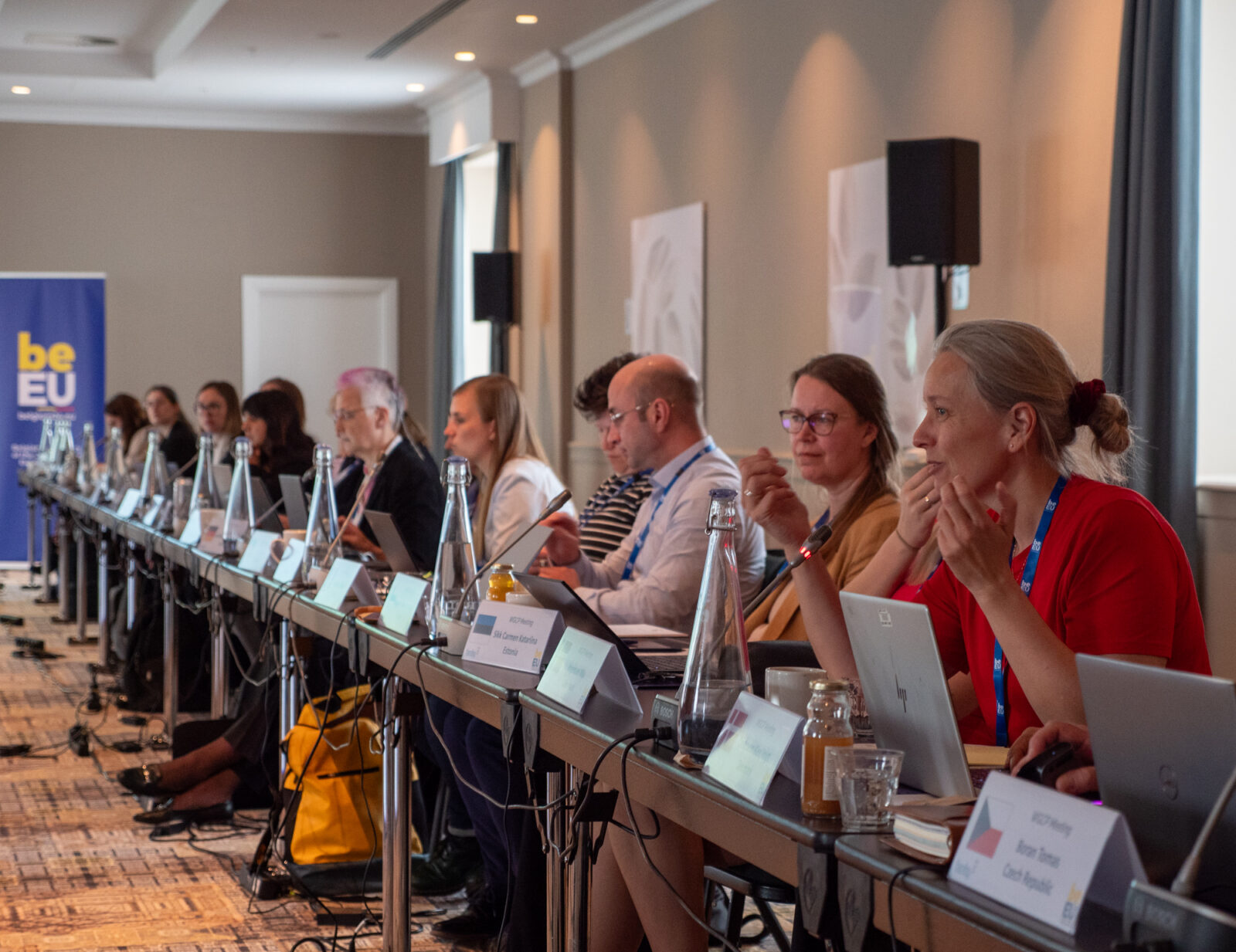
29 – 31 May 2024
WGEO
The Working Group of Enforcement Officers (WGEO) brought together enforcement officers from across Europe to exchange experiences and share information in the fight against illegal and counterfeit medicinal products.
The agenda included a presentation on Belgium’s enforcement activities, as well as a session focused on the online promotion and sale of so-called ‘hot medicines’ such as Ozempic and Botox. This cooperation directly contributes to the protection of public health.
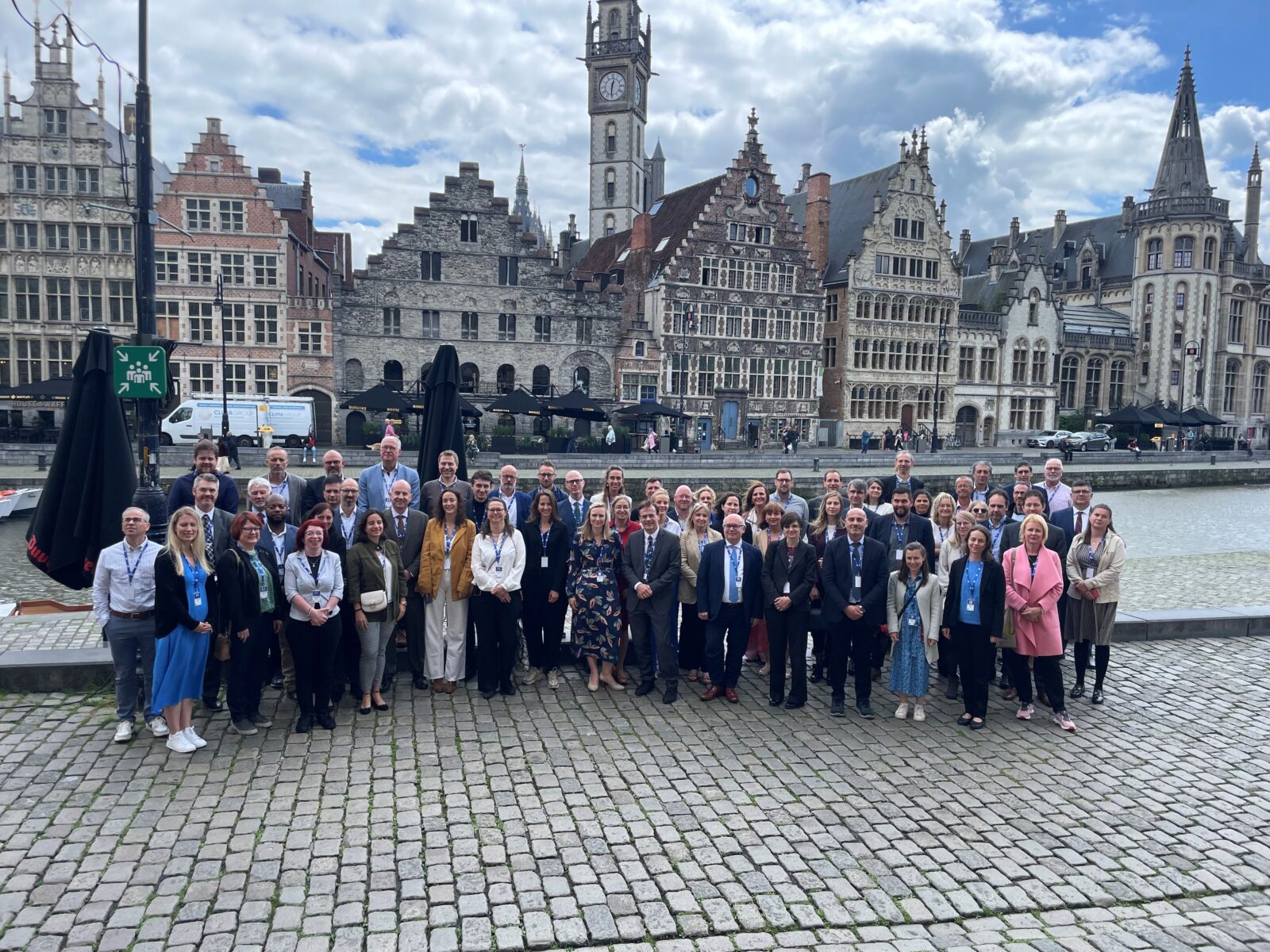
11 – 12 June 2024
CMD-h
The Co-ordination Group for Mutual Recognition and Decentralised procedures – Human (CMDh) plays a key role in continuously improving the medicines authorisation process.
The agenda included key topics such as the review of the European pharmaceutical legislation, the exchange of national experiences – including national medicinal product databases – and the monitoring of medicine unavailability. Additionally, IncreaseNet, a joint initiative aimed at increasing capacity within the European regulatory pharmaceutical network, was discussed.
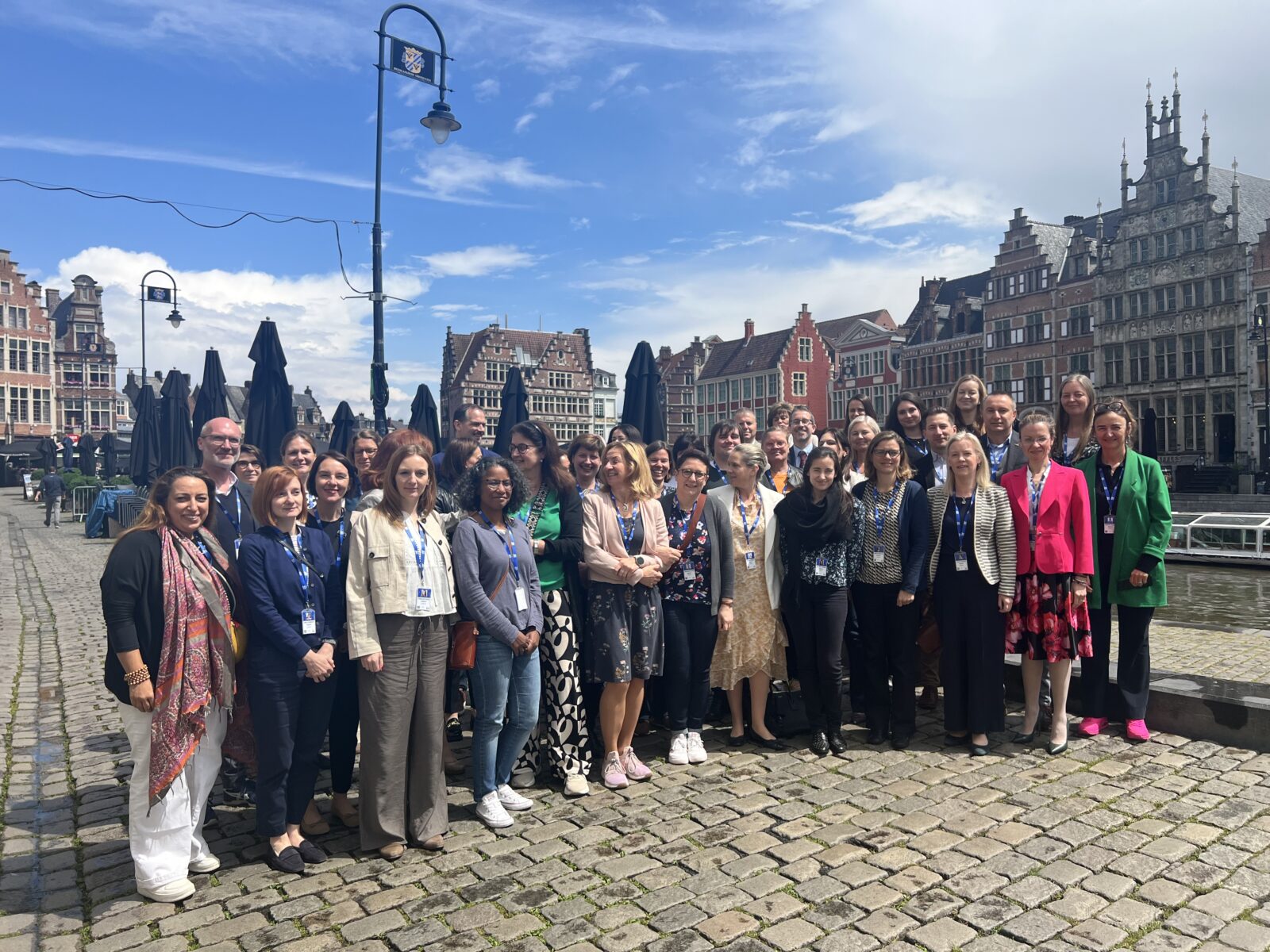
27 – 28 June 2024
WGQM
The Working Group of Quality Managers (WGQM), part of the HMA network, focuses on establishing and improving quality guidelines for European Medicines Agencies.
The meeting focused on continuous improvement, risk management, process optimisation and auditing – key elements for enhancing efficiency and effectiveness within organisations.
This strong quality culture serves as the foundation for ensuring regulation that is both reliable and transparent.
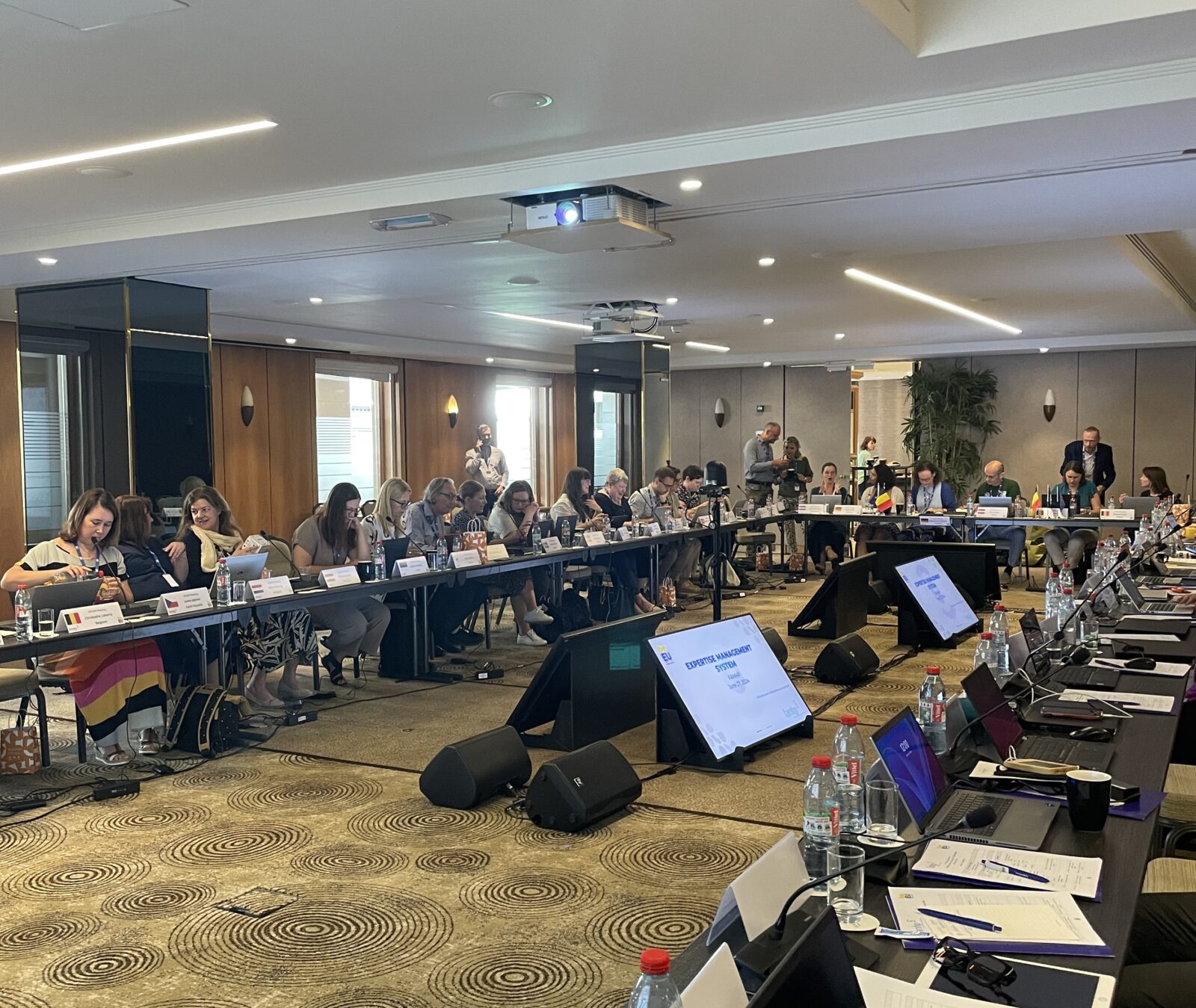
Virtual meeting of the HMA
The FAMHP officially kicked off the Belgian presidency with a virtual meeting of the network of the Heads of Medicines Agencies (HMA).
This meeting was dedicated to the new Critical Medicines Alliance, a consultative mechanism that brings together all relevant stakeholders to better prevent and address medicine shortages.
30-31 January 2024
3R workshop and conference
An interactive workshop on microphysiological systems brought together researchers, policymakers, the pharmaceutical sector and developers to better understand this promising technology. The next day, a conference was held on the principles of the 3Rs – replacement, reduction and refinement – in animal testing in medicinal research.

22-23 February 2024
IT Directors Group
Technology is playing a more important role in healthcare. The IT Directors Group meeting discussed how agencies can collaborate even better on digitalisation and IT.
A key agenda item was how to support national competent authorities with the technological changes coming their way in the next years.

6 – 7 March 2024
Clinical Trials Coordination Group
The Clinical Trials Coordination Group (CTCG) discussed key topics, including the transition of ongoing clinical trials in line with the new European regulation. It also assessed the progress of projects focusing on the accelerated assessment of clinical trials in crisis situations, such as COVID-19. Finally, there were discussions on the possibility of early scientific advice for clinical trial application submission, and how this could match existing advisory procedures.

14 – 15 March 2024
CEG-CAMD
European competent authorities for medical devices and in vitro diagnostic medical devices met for the CEG and CAMD (CAMD Executive Group and Competent Authorities for Medical Devices).
Key topics such as shortages of medical devices and the use of in-house in vitro diagnostics were included on the agenda. The FAMHP had the opportunity to present some recent achievements within the field of medical devices.

27 March 2024
Visit by Emer Cooke from the European Medicines Agency
A special day for the FAMHP: Emer Cooke, executive director of the European Medicines Agency, visited the agency. During her visit, she discussed various issues with employees, including medicine shortages, European cooperation and the review of pharmaceutical legislation. She expressed appreciation for the strong commitment of FAMHP employees within the EMA network. The visit once again underlined the importance of close European cooperation in healthcare.

28 – 29 March 2024
COMP
The Committee for Orphan Medicinal Products (COMP) plays a key role in improving access to safe and effective treatments for patients with rare diseases. During the Belgian presidency, cooperation within the committee was strengthened. A key agenda item was the introduction of the concept of ‘unmet health-related need’ in the review of European pharmaceutical legislation.

4-5 April 2024
EMACOLEX
The EMACOLEX (Co-operation of Legal and Legislative Issues) meeting brought together legal experts from different countries to discuss current topics.
The review of the European pharmaceutical legislation and medicine shortages were widely discussed, along with engaging presentations on parallel imports.

10-11 April 2024
CMD-v-CVMP
The CVMP (Committee for Veterinary Medicinal Products) and CMDv (Coordination group for mutual recognition and decentralised procedures for veterinary medicinal products), the European working groups on veterinary medicinal products, discussed various topics together at a joint meeting. Key topics included multinational clinical trials involving animals, regulations concerning veterinary medicine, and the practical use of electronic package leaflets. Furthermore, experts shared their insights on emerging animal diseases, the use of big data and AI, the need for training, and the role of biosimilars in veterinary medicine.

17-18 April 2024
Conference on unmet health-related needs
In collaboration with the National Institute for Health and Disability Insurance (NIHDI) and the Belgian Health Care Knowledge Centre (KCE), the FAMHP organised a conference on unmet health-related needs.
The focus was on identifying these needs from the perspective of patients and society. They examined where the needs are greatest and how they could be better addressed – for example, through a European research infrastructure or a member state-driven assessment mechanism.
This conference represents an important step towards more needs-driven decision-making, both at EU level and national level.

18 April 2024
First joint meeting of the NCAPR, HTA – HAG and HMA
The FAMHP had the honour of organising the first joint meeting of the Heads of Medicines Agencies (HMA), National Competent Authorities on Pricing and Reimbursement (NCAPR), and Heads of HTA Agencies (HAG).
Among other things, participants discussed the reuse of existing medicinal products and how to address medical needs that remain unmet. Joint procurement and negotiations were also discussed, with a particular focus on the fight against antimicrobial resistance and access to innovative medical devices and diagnostics.

19 April 2024
Second HMA
Our Chief Executive Officer Hugues Malonne chaired the second plenary session of the HMA of the Belgian presidency. Representatives of medicine agencies from all over Europe, the European Medicines Agency and the European Commission actively participated in the discussions.
The focus was on strengthening the European Medicines Regulatory Network and the role of artificial intelligence within the medicines regulatory framework.

23 April 2024
Launching critical medicines alliance
The official launch of the Critical Medicines Alliance brought all relevant stakeholders together for a common goal: reinforcing the supply of essential medicinal products in Europe.
By identifying priority actions, the alliance aims to prevent shortages and to address them more effectively.
The FAMHP played an active role, both through internal experts and through the steering committee, where Hugues Malonne acted as vice-president.

24 – 25 April 2024
HMPC
During the meeting of the Committee on Herbal Medicinal Products (HMPC), European experts gathered to assess scientific data on herbal substances, preparations and combinations.
The agenda covered topics such as grey zone products and the antimicrobial activity of plant-derived components. Strategic discussions also focused on anticipated future challenges.

16 – 17 May 2024
PDCO-CAT
Experts from the Paediatric Committee (PDCO) and the Committee for Advanced Therapies (CAT) met with representatives from patient organisations, academia, health technology assessment (HTA), the European Medicines Agency (EMA), and national competent authorities. Discussions focused on unmet medical needs and the development of advanced therapy medicinal products (ATMPs) for paediatric oncology and neuromuscular disorders in children.

23 – 24 May 2024
WGCP
During the meeting of the Working Group of Communications Professionals (WGCP), the joint communication strategy of the European medicines agencies was further refined, and concrete actions were prepared to better inform patients and stakeholders. Inspiring examples were also shared, including the Belgian patient website PharmaInfo and the Dutch campaign on drug-herbal interactions.

28 – 29 May 2024
PRAC
The Pharmacovigilance Risk Assessment Committee (PRAC) meets monthly to review all aspects of risk management for medicinal products for human use.
The meeting covered a range of topics, including the use of artificial intelligence to support pharmacovigilance, risks associated with medicinal products during pregnancy, and preparations for assessment teams in crisis situations.

29 – 31 May 2024
WGEO
The Working Group of Enforcement Officers (WGEO) brought together enforcement officers from across Europe to exchange experiences and share information in the fight against illegal and counterfeit medicinal products.
The agenda included a presentation on Belgium’s enforcement activities, as well as a session focused on the online promotion and sale of so-called ‘hot medicines’ such as Ozempic and Botox. This cooperation directly contributes to the protection of public health.

4 – 5 June 2024
SAWP-CHMP
The Co-ordination Group for Mutual Recognition and Decentralised Procedures – Human (CMDh) continues to play a key role in enhancing medicines authorisation procedures across Europe.
Topics discussed at the meeting included the review of European pharmaceutical legislation, monitoring medicine shortages, and sharing experiences related to national medicine databases.

11 – 12 June 2024
CMD-h
The Co-ordination Group for Mutual Recognition and Decentralised procedures – Human (CMDh) plays a key role in continuously improving the medicines authorisation process.
The agenda included key topics such as the review of the European pharmaceutical legislation, the exchange of national experiences – including national medicinal product databases – and the monitoring of medicine unavailability. Additionally, IncreaseNet, a joint initiative aimed at increasing capacity within the European regulatory pharmaceutical network, was discussed.

25 – 26 June 2024
HMPWG
The Homeopathic Medicinal Product Working Group (HMPWG) met to discuss several key topics. The agenda included the restart of the subgroup focused on the safety of homeopathic medicinal products. The group also worked on updating a question-and-answer document, reflecting the latest European regulations on veterinary medicinal products.

27 – 28 June 2024
WGQM
The Working Group of Quality Managers (WGQM), part of the HMA network, focuses on establishing and improving quality guidelines for European Medicines Agencies.
The meeting focused on continuous improvement, risk management, process optimisation and auditing – key elements for enhancing efficiency and effectiveness within organisations.
This strong quality culture serves as the foundation for ensuring regulation that is both reliable and transparent.

The Presidency of the Council of the European Union
Review of the presidency
Working together to promote health in Europe: the FAMHP during the Belgian presidency
From 1 January to 30 June 2024, Belgium chaired the presidency of the Council of the European Union. This body brings together 27 member states and determines the political direction and priorities of the European Union. During that period, the FAMHP organised over 20 events and countless meetings to promote cooperation and dialogue amongst member states and with European institutions. In addition, the FAMHP provided expertise to various important European dossiers and initiatives. We can now outline the most important results one by one.
The launch of the Critical Medicines Alliance: a turning point
The Critical Medicines Alliance was officially launched during the Belgian presidency. In that Alliance, stakeholders from healthcare, industry and civil society work together with representatives of European Union member states to formulate sustainable solutions to shortages of critical medicines within Europe. Critical medicines are medicines for which no appropriate alternative is available and for which insufficient supply would result in a serious harm or risk of harm to patients.
On 28 February 2025, a strategic plan was released that includes a set of policy recommendations from the Critical Medicines Alliance to foster collaboration amongst policymakers and stakeholders, and to develop a robust and responsive system to strengthen the production of critical medicines. The strategic report forms the basis of the Critical Medicines Act that is being developed by the European Commission.
The Critical Medicines Alliance and the upcoming Critical Medicines Act mark a turning point in European policy on medicinal products. Whereas previously, shortages were primarily addressed on a national level, a common European policy is now emerging that is strengthening the resilience of pharmaceutical supply chains.
Our CEO, Hugues Malonne, served as Vice President of the Critical Medicines Alliance in 2024. Experts from the FAMHP were also active within all of the Alliance’s thematic working groups to play a constructive part in the development of effective recommendations.
The future of healthcare in the European Union
To prepare for the new legislature of the European Commission, EU member states discussed the future of the European Health Union within the EU Council. This resulted in the formulation of Council conclusions guiding the policies of the new European Commissioner for Health.
The FAMHP played an active role, emphasising amongst other things the need for: improved availability of critical medicines and medical devices, a database for unmet health needs, increased collaboration around innovative medicines, a reinforced effort to combat antimicrobial resistance by means of EU directives and the improvement of the clinical trial ecosystem.
Advances in pharmaceutical legislation and policy
The FAMHP also actively participated in the negotiations concerning the revision of European pharmaceuticals legislation. Significant progress was achieved during the Belgian presidency, particularly with regard to addressing medicine shortages, providing innovation incentives, improving access to medicines, repurposing medicines, addressing unmet medical needs and in the area of orphan medicines, and paediatric medicines.
As president of the Head of Medicines Agencies (HMA), the FAMHP organised several meetings on pharmaceuticals policy during the Belgian presidency. This led to concrete actions such as the proposal submitted to the European Commission for joint action in the field of artificial intelligence. The HMA also launched a document containing solutions for a stronger and more diversified supply chain.
In addition, a joint meeting of the HMA, the National Competent Authorities on Pricing and Reimbursement and Public Healthcare Payers (NCAPR) and the Heads of Health Technology Assessment Agencies Group (HTA HAG) took place for the first time. This unique meeting reinforced the dialogue between key players within the medicines life cycle.
Towards patient-centred healthcare
On 17 and 18 April 2024, the FAMHP, the National Institute for Health and Disability Insurance (NIHDI) and the Belgian Healthcare Knowledge Centre (KCE) organised a conference on the way in which unmet health-related needs can serve as a starting point for policy and innovation within healthcare. Today, decisions concerning the development or commercialisation of medicines often take place on the initiative of a developer, rather than being based on patient and community concerns.
During five panel discussions, experts called for an independent, coordinated approach towards defining these needs and translating them into research and innovation. The next steps include the creation of a European research infrastructure and an EU strategic plan that leverages public support and regulation to address the most pressing health challenges.
From strategy to action: the technical meetings of the FAMHP
During the presidency, the FAMHP organised over 20 technical meetings and events. These meetings provided valuable insights and led to specific actions. For example, various stakeholders worked together to promote the 3Rs – replacement, reduction and refinement – in the case of animal testing. The results will be fed into the revision of the European Medicines Agency guidelines.
Several working groups also took place on the subject of medical devices, during which the progress of the new regulation for in vitro diagnostics was discussed. During a meeting with IT directors and experts, the focus was on how digital systems can support medicines authorities more effectively. It also examined how clinical trials could be more closely aligned with the growing diversity within the European population.
In addition to these topics, numerous other important matters were discussed, including risk management and audits of medicines authorities, business continuity plans, information security, increasing capacity for dossier handling and joint communication campaigns to ensure that European citizens are correctly informed. Cooperation between enforcement agencies was also strengthened in an effort to combat illegal medicines and online trends such as Ozempic and Botox.
The presidency was an intense but extremely fruitful period for the FAMHP. Sharing knowledge, experiences and good practice is still indispensable as a means of protecting and improving the health of patients in Europe. Now that the presidency has come to an end, the FAMHP is continuing to make a full contribution to the activities being undertaken by within these working groups and committees.
The Presidency of the Council of the European Union
A look behind the scenes
of the EU presidency
During the first half of 2024, Belgium presided over the Council of the European Union. For the FAMHP, this meant not only greater visibility on the European stage, but also an intense period of preparation, organisation and cooperation.
Behind every formal event and technical meeting there was a lot of commitment, flexibility and teamwork. The International Relations Division played a key role in this: from helping shape policy to organising events and promoting the FAMHP’s vision at European level.
In this article, we take you behind the scenes and show how much work was done by colleagues at the FAMHP to make the presidency activities a success. From coordinating international meetings to hosting foreign delegations: numerous employees contributed.
In their own words, they recount the challenges they faced during this unique period.
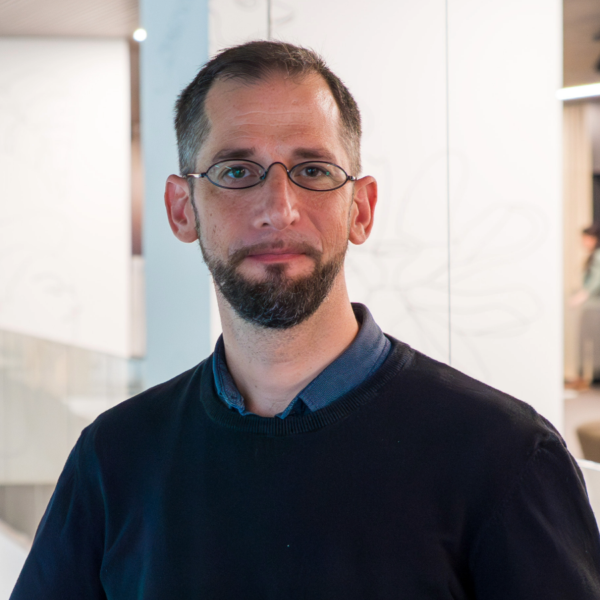
It was my second Belgian EU presidency, but this time, I played a central role in defining Belgium’s priorities. I led the internal discussions and represented the agency in consultations with the minister and our colleagues from the FPS Public Health, the NIHDI, and the KCE. The result was ambitious, but we took on the challenge together and successfully completed it.
We organised 21 meetings on the revision of pharmaceutical legislation, coordinated countless preparatory meetings, finalised the SoHO dossier concerning the new EU rules for substances of human origin, and contributed to the drafting and adoption by the Council of the conclusions on the future of the European Health Union: a Europe that cares, prepares, and protects.
There were many highlights. I am thinking, for example, of the conference on health needs, the joint HMA/HTA HAG/NCAPR meeting that followed, and the informal EPSCO Health Council meeting, immediately followed by the launch event of the Critical Medicines Alliance.
It was a period of intense work, but also a unique opportunity to shape the European health agenda. With a small but motivated team, we delivered a presidency that will be remembered. I’d like to take this opportunity to especially thank Christine, Joeri, Émilie, Grégoire, Jonathan, Noa, and Océane for their work and dedication, as well as all the colleagues at the FAMHP who contributed, directly or indirectly, to the success of this presidency.
Charles Denonne, head of the International Relations Division
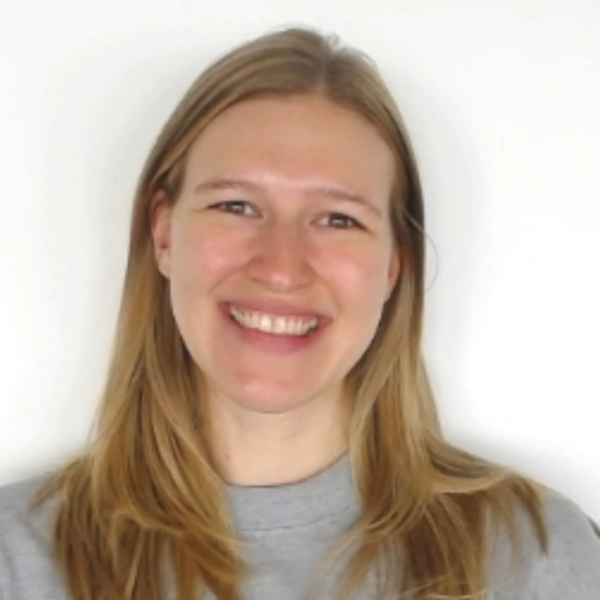
My first real work experience started right away in full action: from my second week at the agency, I was constantly on the move. As an event manager, I was responsible, along with the team, for organising events and technical meetings. From searching for venues and social activities to catering reservations – each tailored to the specific needs of each event.
In a short time, I learned to plan multiple complex events simultaneously, communicate flexibly with stakeholders and find solutions quickly.
It was an intense couple of months, but I look back on them with great pride. And above all, I am grateful for the confidence I was given to make my own mark.
Noa, Event manager during the presidency
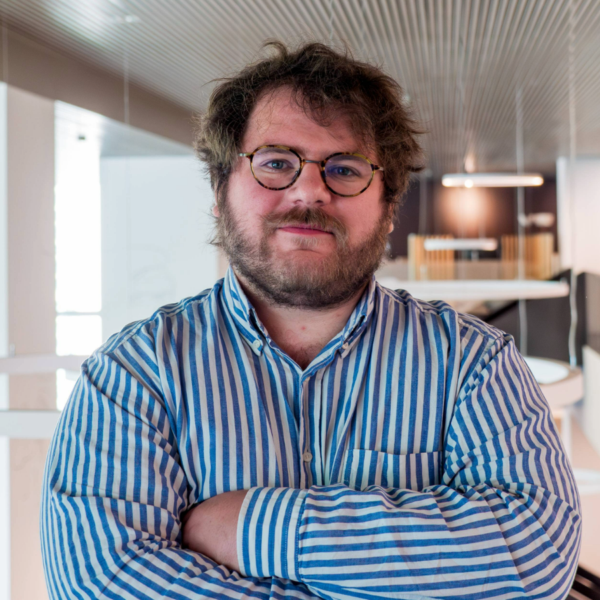
My first job and immediately experiencing the presidency – that was pretty special. I was able to join the presidency team as a legal expert within the FAMHP. For a year and a half, I was fully engaged in this, with the main focus being the review of pharmaceutical legislation.
I also participated in several meetings such as those of the HMA and the joint meeting with the National Institute for Health and Disability Insurance (NIHDI) and the Belgian Health Care Knowledge Centre (KCE). In addition, I followed up on various files such as those on the new SoHo legislation.
I was never bored: there was always something to do, from preliminary analyses to intensive negotiations. If I had to sum it up, it was a six-month marathon sprint – exhausting, but incredibly instructive.
Grégoire, legal expert at the International Relations Division
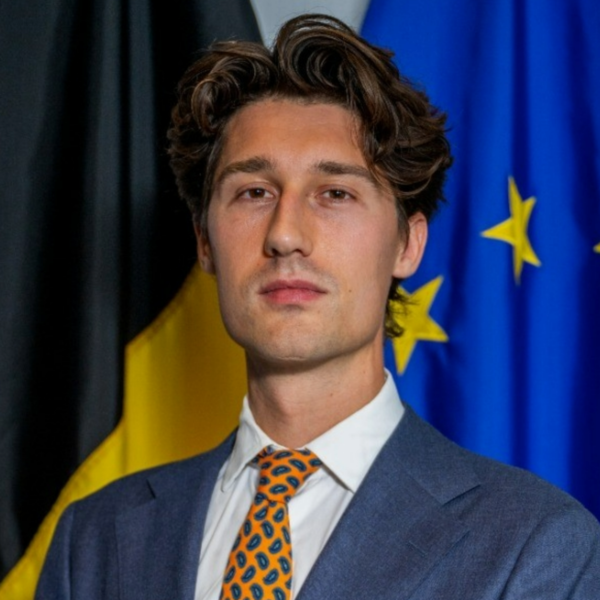
From the FAMHP, I am seconded to the Permanent Representation of Belgium to the European Union, where I represent our country in the working groups on pharmaceuticals, medical devices and public health.
During the presidency, I led the pharmaceutical package negotiations, focusing on innovation and addressing medicine shortages. I also concluded negotiations on the SoHO dossier. Furthermore, I helped prepare Councils of Ministers and launch the Critical Medicines Alliance.
It was a particularly instructive period; both professionally and personally I got a lot out of it. I am incredibly grateful for the support and commitment of all the colleagues who helped make this possible.
Joeri, seconded to the Permanent Representation of Belgium to the European Union

As an event manager during the presidency, I was responsible for the practical organisation of meetings and events, from A to Z. That meant choosing venues, arranging logistics, planning, and communicating with all parties involved.
Working from a different city each week was exciting, but also challenging. It required a lot of flexibility and impacted my daily rhythm and personal life. Nevertheless, it was a hugely enriching experience: I learned to handle pressure, learned to plan to perfection and I grew professionally.
This project has only strengthened my passion for event management. I am proud of what we accomplished as a team and grateful to have been a part of it.
Océane, Event manager during the presidency
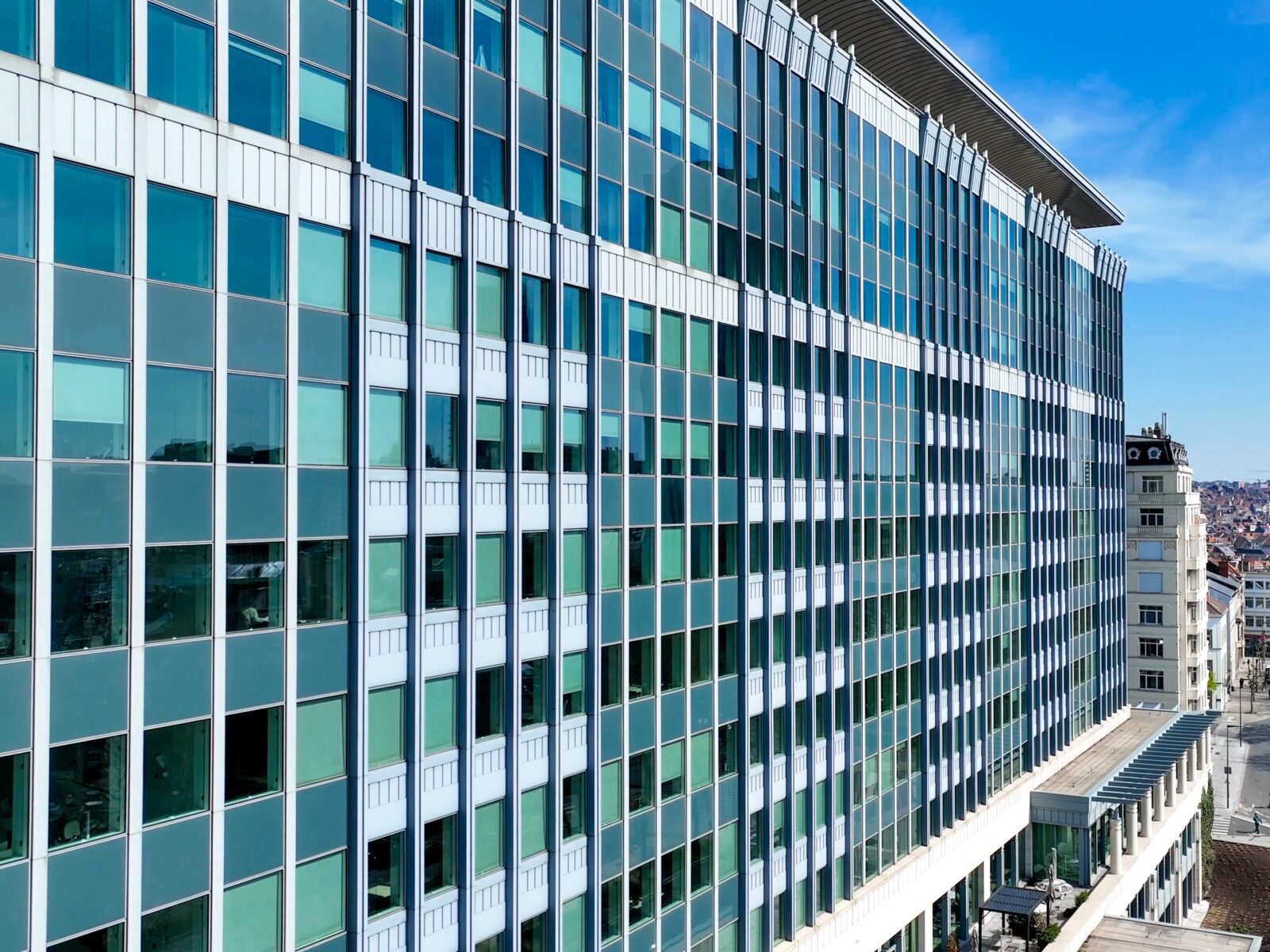
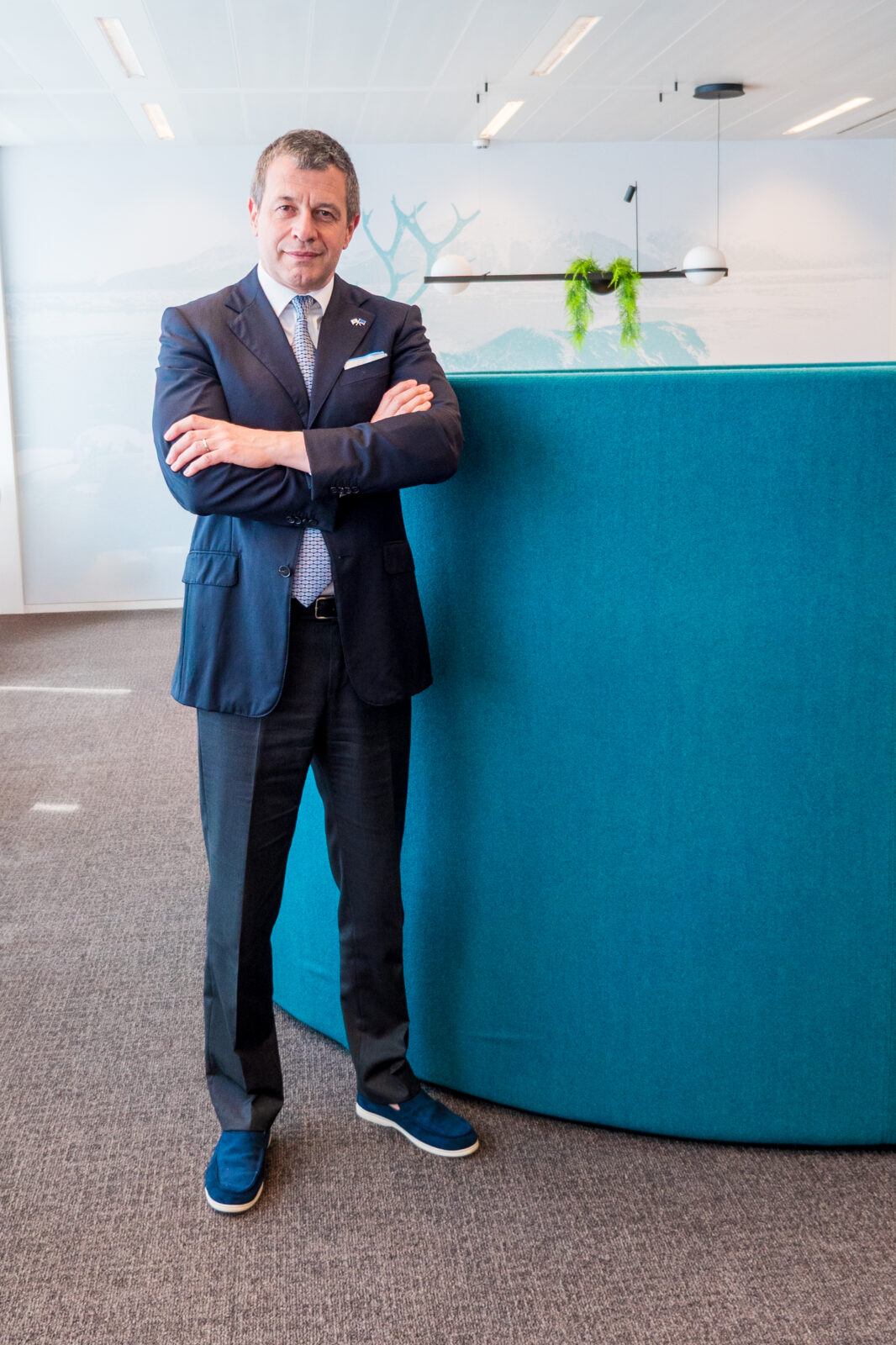

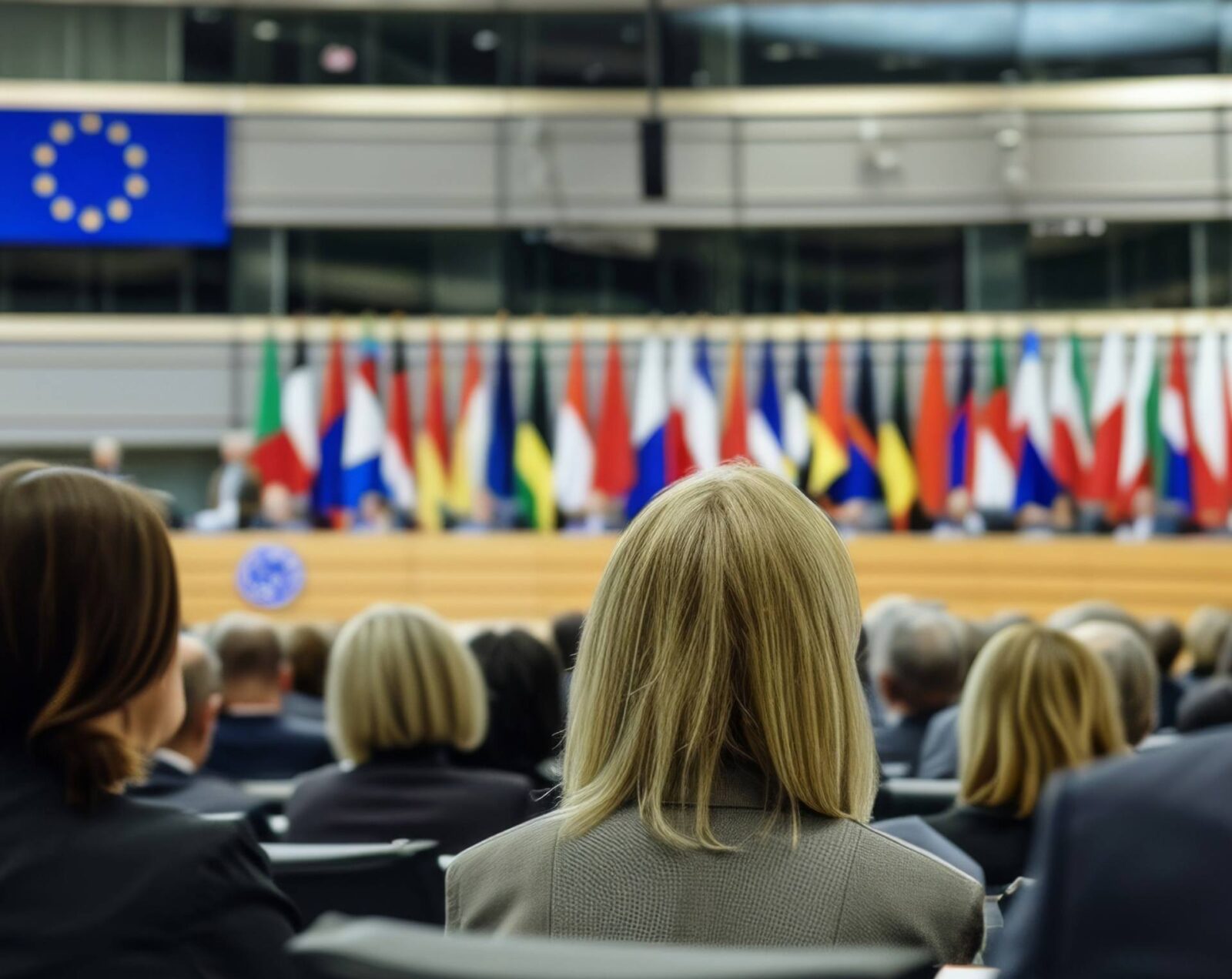
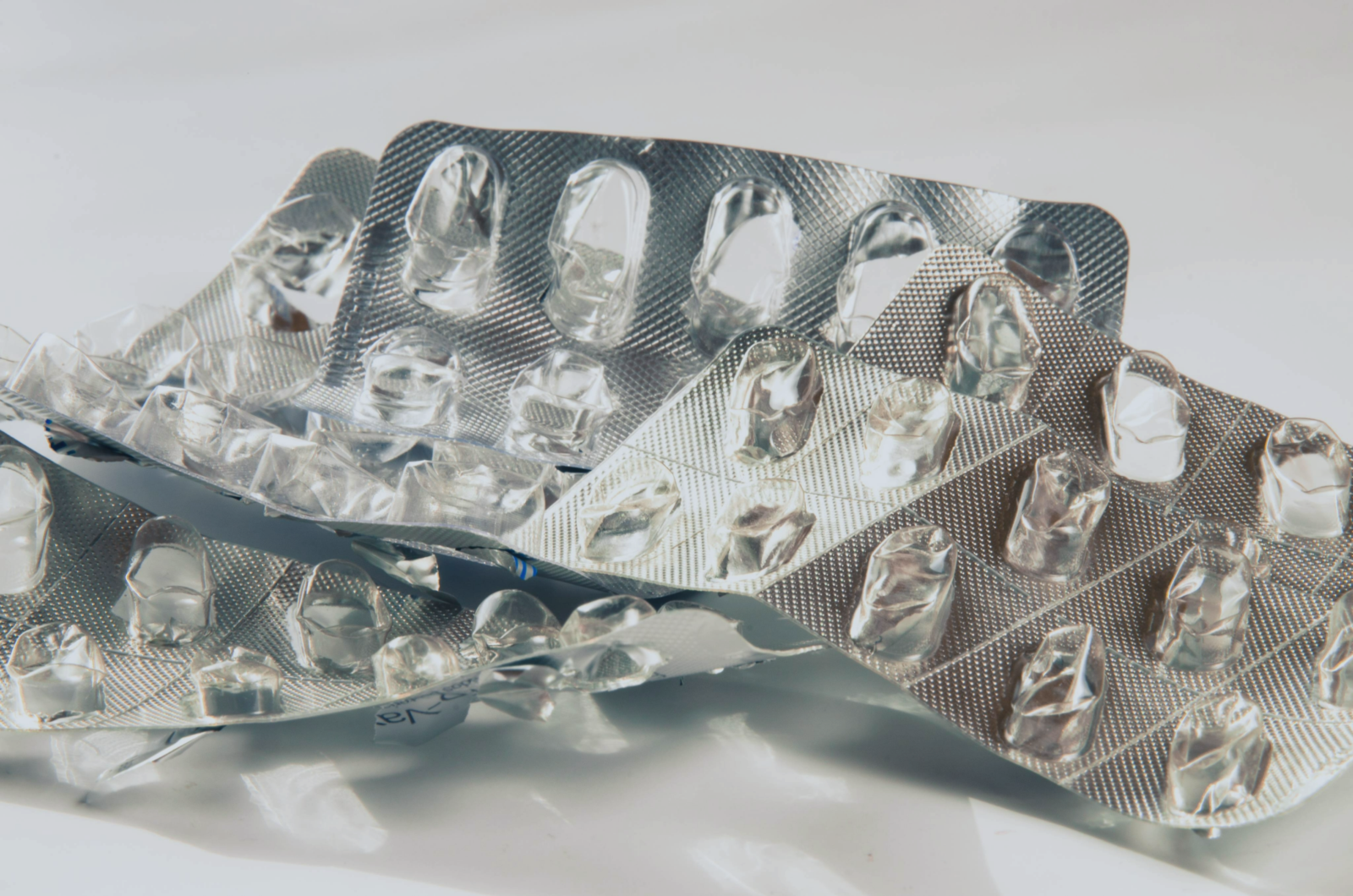


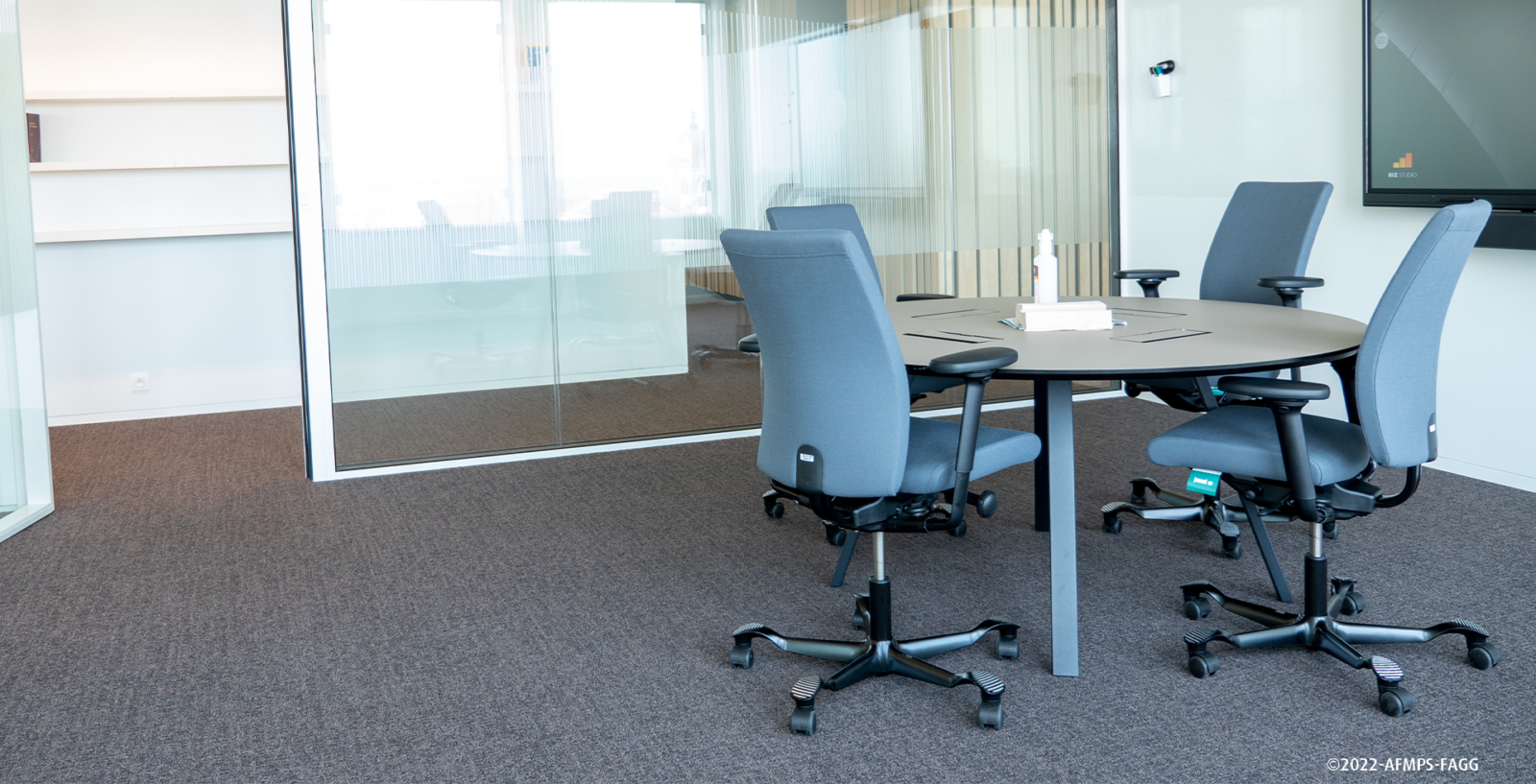




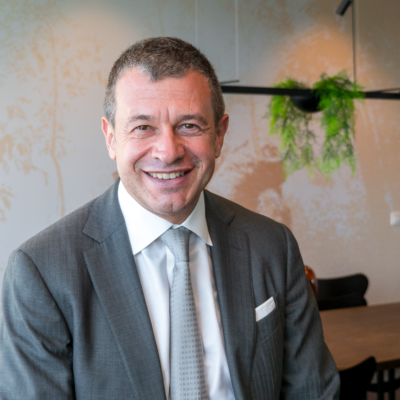
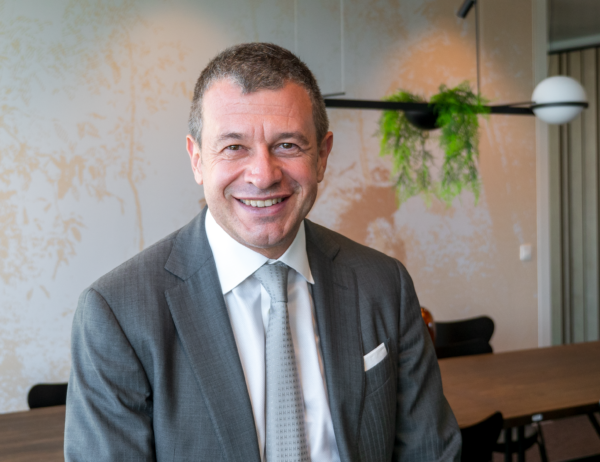
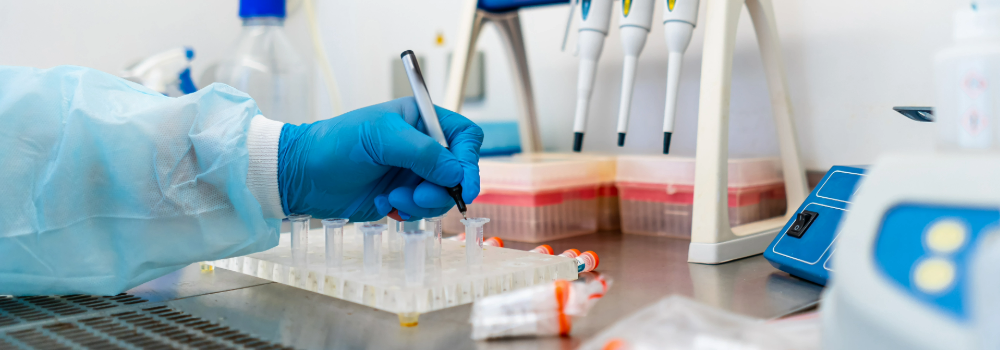











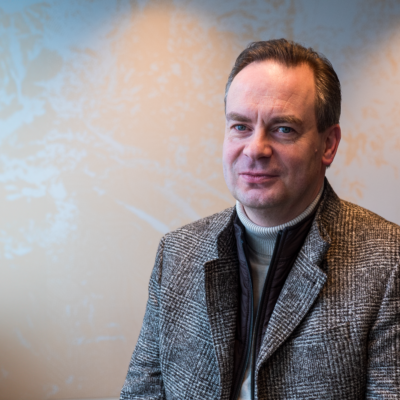

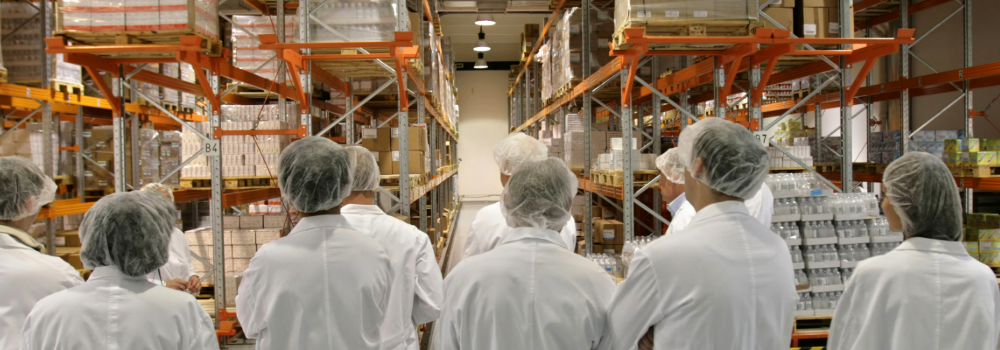

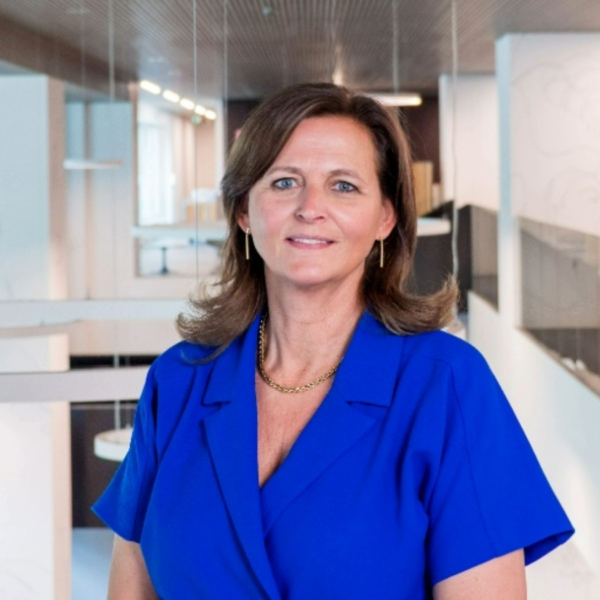 “By overseeing regulatory compliance for medicines and health products, the DG Inspection plays a key role in the FAMHP’s mission.
“By overseeing regulatory compliance for medicines and health products, the DG Inspection plays a key role in the FAMHP’s mission.




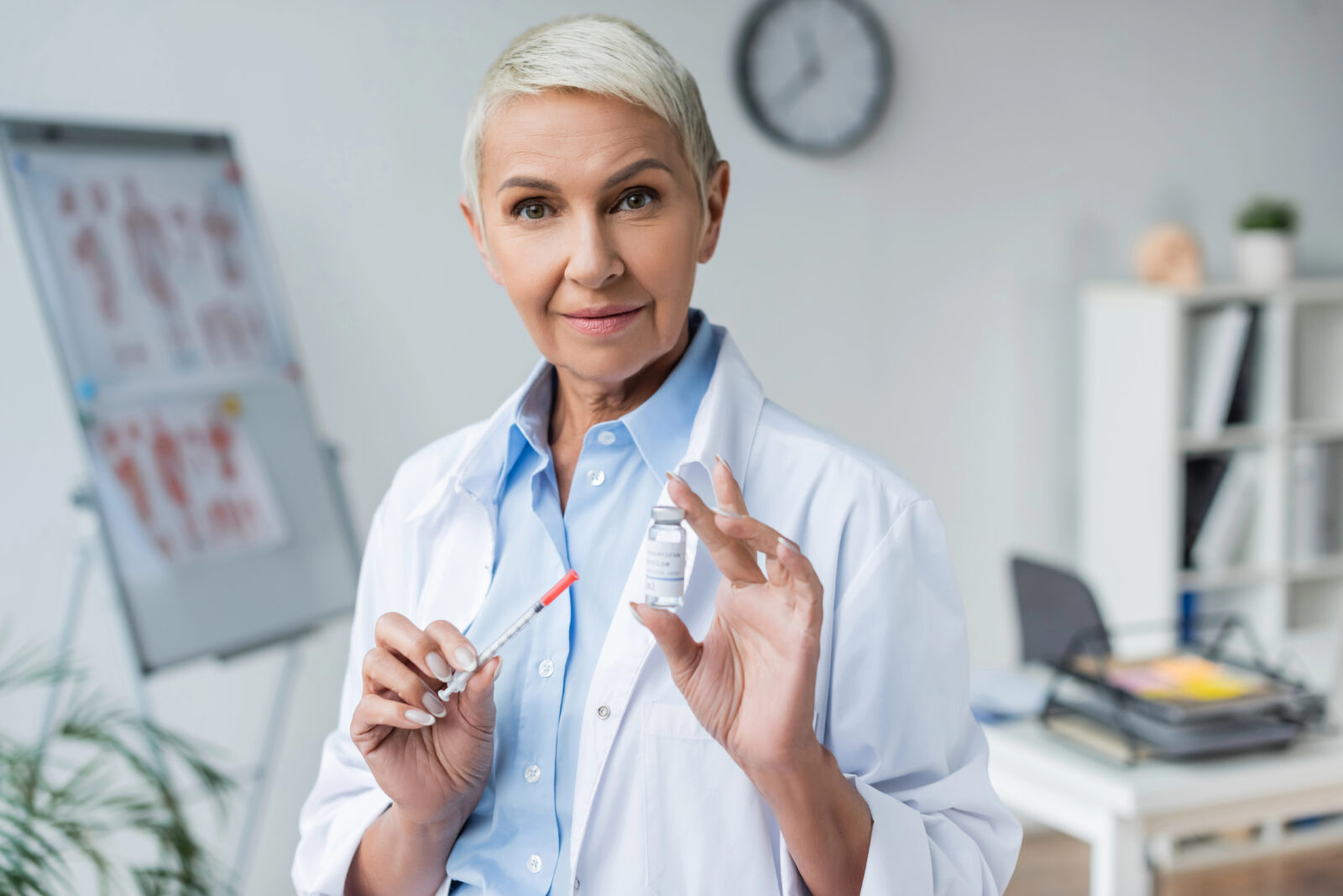



 “As Belgium already has recognised experts in this field, it makes sense to include it as part of the FAMHP’s ‘Vaccines’ spearhead activities. More specifically, this means that the FAMHP aims to eventually become a reference point for all aspects of the vaccine life cycle: scientific advice, applications for clinical trials in Belgium, assessment of applications for marketing authorisation, pharmacovigilance and inspection-related aspects”.
“As Belgium already has recognised experts in this field, it makes sense to include it as part of the FAMHP’s ‘Vaccines’ spearhead activities. More specifically, this means that the FAMHP aims to eventually become a reference point for all aspects of the vaccine life cycle: scientific advice, applications for clinical trials in Belgium, assessment of applications for marketing authorisation, pharmacovigilance and inspection-related aspects”.